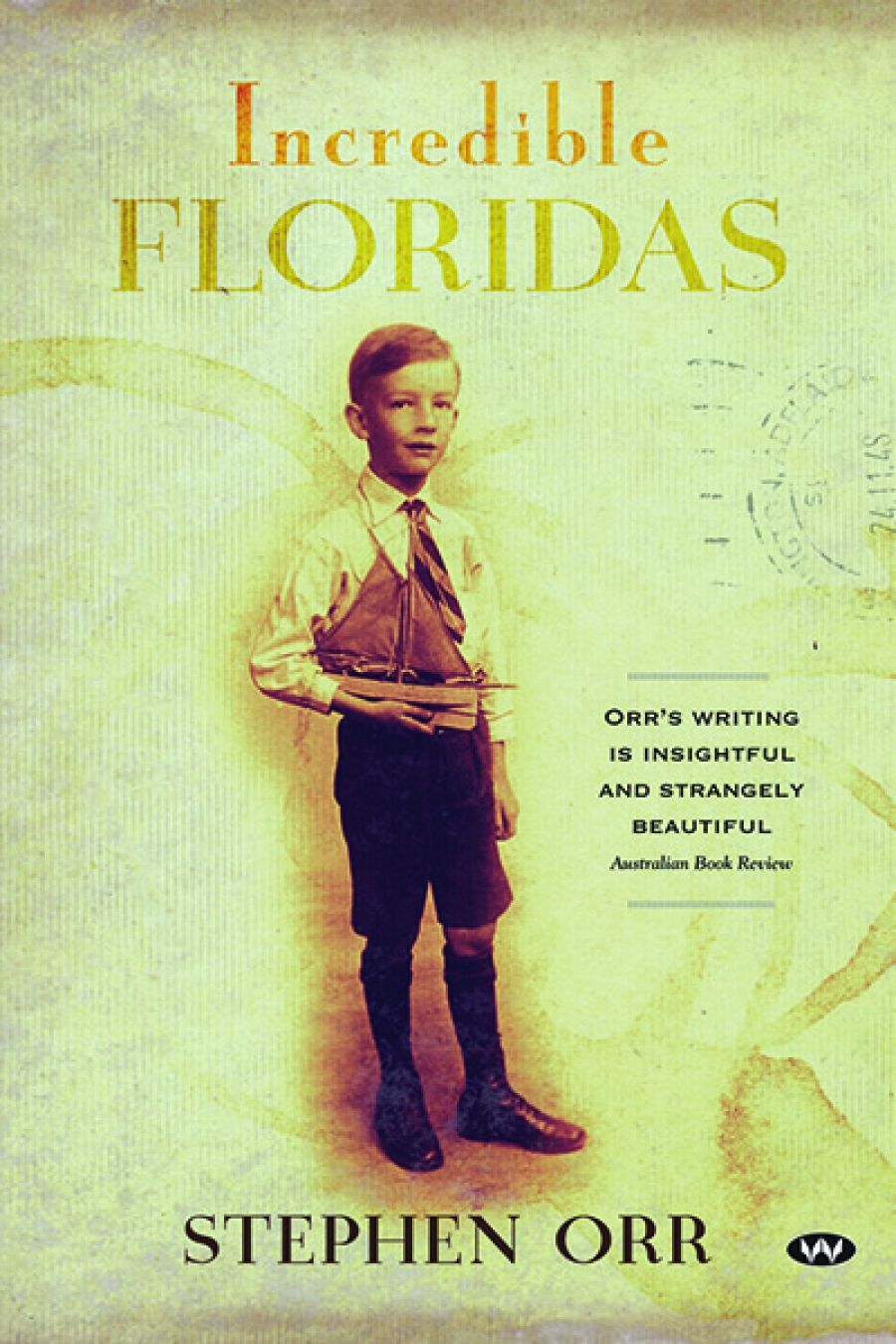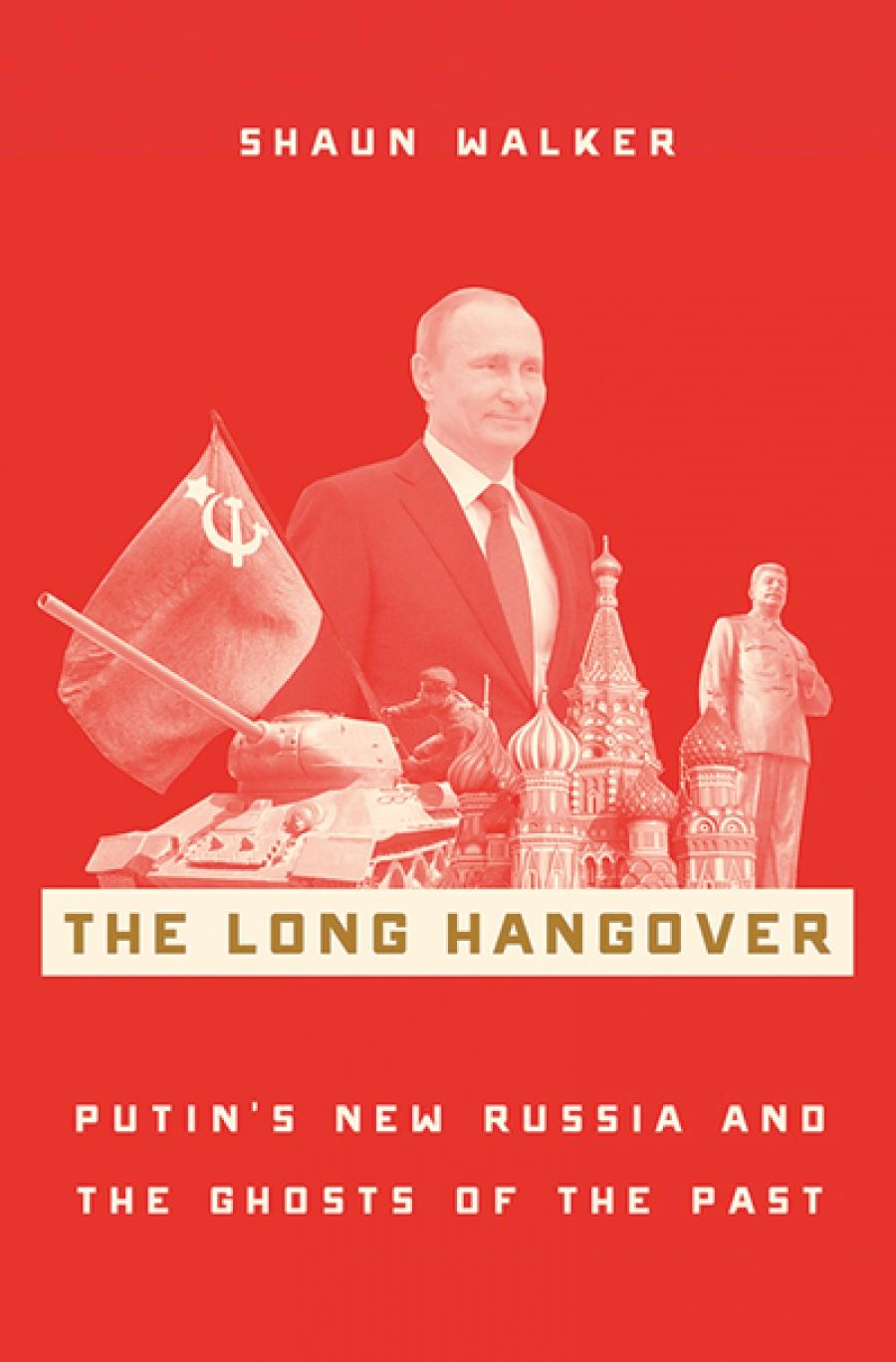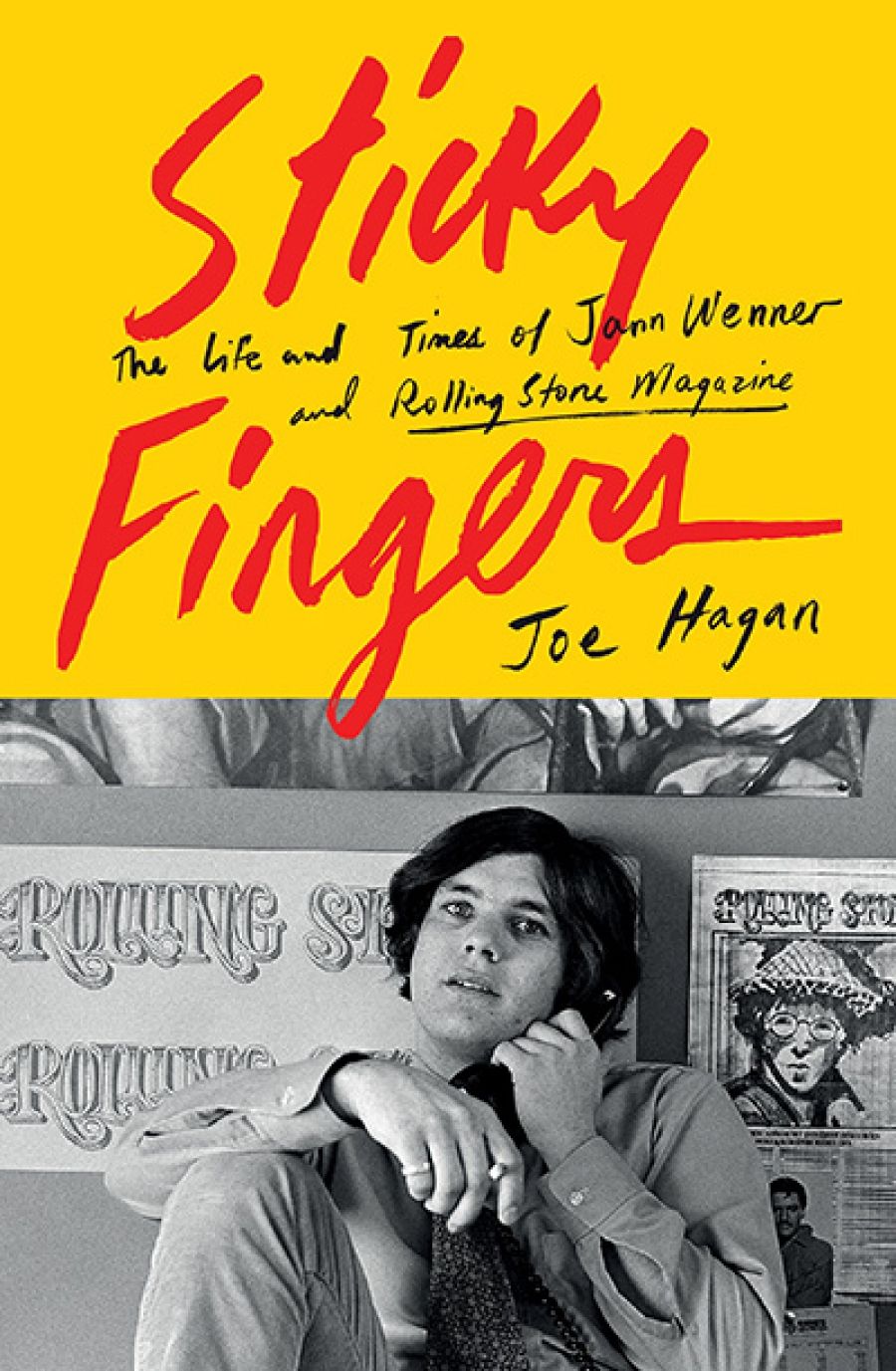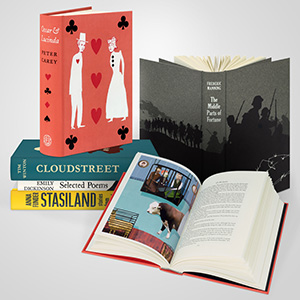Lawyers, media organisations, human rights NGOs, and unions have been lining up recently to warn us of a serious threat facing civil liberties in Australia. It comes in the form of Malcolm Turnbull’s new national security laws, which, in the name of combating foreign influence, would criminalise anyone who simply ‘receives or obtains’ information deemed harmful to the national interest. Yet there, in the midst of this chorus of opposition, stood economist and public intellectual Clive Hamilton, with his Chinese-speaking collaborator Alex Joske, to tell us that to resist the threat of Chinese authoritarianism we would have become more authoritarian ourselves.
A notable contributor to 2017’s crop of ‘Chinese influence’ reportage, much of Hamilton’s new book will be familiar to readers of that genre. Yet in Silent Invasion: China’s influence in Australia, he has not missed the opportunity to turn things up a notch.
The loss of Australia’s ‘sovereignty’ has been a common, if slippery, talking point in the debate so far. Here, Hamilton cuts through the confusion: the ‘invasion’ in the book’s title is no mere flourish. The People’s Republic of China is laying the groundwork in order, one day, to make territorial claims on our nation. Failure to heed the author’s prescient warnings ‘would see Australia become a tribute state of the resurgent Middle Kingdom’. And just as Australia’s survival is on the line, so too is Hamilton’s. Realising the scale of the Chinese threat was something of a dark epiphany for him: ‘I felt nervous about my own future, given the reach and ruthlessness of China’s security apparatus.’
But what exactly have we lost, or stand to lose, to justify this sense of impending doom? Which of our freedoms has China’s influence so far threatened?
Readers of Silent Invasion will search in vain for evidence that Chinese actors have impaired the normal functioning of our imperfect democracy, let alone succeeded in imposing on us elements of the PRC’s totalitarian system. To be sure, Beijing has its lobbyists, its front groups, its propaganda; but to depict China’s activities as in any way unique in this respect strains credulity. US lobbyists admitted as much, when they complained that Turnbull’s new laws would endanger their own activities in Australia.
Hamilton is equally aware of this basic truth. Notwithstanding its catalogue of Chinese wrongdoings, Silent Invasion in fact carries a very simple message, one that renders much of the lengthy book superfluous: China presents a threat not because of what it does, but because of what it is.
In Hamiltonian ethics, the key question is not the nature of the deed, but the identity of the actor. Judging ourselves by the standards to which we hold authoritarian China would therefore be a false equivalence. This logic renders us immune to any charge of hypocrisy, and gives Hamilton a green light to sacrifice principle to thwart his enemies. ‘Are we so soft as to defend everyone’s right to free speech when their objective is to take away our free speech?’ In their submission to parliament, Hamilton and Joske outlined this position explicitly: to meet the Chinese threat we would have to abandon the idea of treating all sources of foreign influence equally. One might well ask, where would this leave the principle of equality before the law? In a very vulnerable position, it turns out.
It is common knowledge that the Chinese Communist Party is a secretive institution, which presides over a dictatorial regime at home, and adopts thuggish tactics to defend its interests abroad. That means putting pressure on Chinese citizens living in Australia – much of it directed towards democracy activists, or minority groups it views as inherently suspicious, such as the Uyghurs. Clearly, the party should be told to back off. Employers and universities need to know the pressure that people in their charge might be facing. Beyond that, there is an obvious remedy to this situation. If someone is being victimised here in Australia, there is a good chance they will face the same, or worse, back in China. Such individuals should have every opportunity to apply for refugee status.
Hamilton doesn’t say if he supports this approach or not, but he is clearly sceptical of the wisdom of embracing more citizens of the PRC on humanitarian grounds. We have been burnt that way once before, he believes. Bob Hawke’s intake of Chinese refugees in 1989, in the wake of the Tiananmen massacre, was a mistake: these were mostly ‘economic migrants’, some of whom have gone on to become ‘agents of influence in Beijing’s campaign to transform Australia into a tribute state’.
Xi Jinping and Vladimir Putin among other world leaders at the Belt and Road international forum in Beijing, May 2017 (source: kremlin.ru, Wikimedia Commons)
Instead, the emphasis of Hamilton’s proposals is firmly on the punitive, to ostracise and restrict the rights of Chinese in Australia. Specifically, he wants to ban organisations which fall within the pastoral care remit of the Chinese embassy, such as the Chinese Students and Scholars Associations, and reject out of hand residency applications from anyone who participates in ‘patriotic agitation’ while studying here. By Hamilton’s broad definitions of pro-PRC activism, this would cast suspicion on anyone who has ever cheered for a visiting politician from Beijing or been snapped glad-handing the local PRC consul. If implemented, Hamilton’s residency blacklist would license a form of red-baiting far more intense than any Cold War snooping in Australia’s Chinatowns.
This is but a prelude to the more serious steps that Hamilton sees as necessary to confront China: we must restructure our economy to avoid dependence on the PRC, riding out any economic hit that this entails, and prepare for eventualities in the case of war. This will involve silencing dissent from a ‘fifth column’ of pro-China business élites and muddle-headed peaceniks, and quelling any civil strife that the CCP tries to instigate among Chinese locals. In the book’s conclusion, Hamilton speculates as to the percentage of Chinese in Australia whose primarily loyalties lie with Beijing.
Hamilton’s McCarthyist manifesto might be more easily dismissed if it were the case, as he insists, that his is the voice of an embattled minority. He rails against not only the ‘realists’ and ‘pragmatists’ but also the more insidious ‘appeasers’ and ‘capitulationists’, who combine to dominate our ‘media, think tanks, universities, businesses, business lobbies, the public service and, of course, parliaments’. But the truth is that bipartisan subservience to Washington is as solid as it ever was in Australia. And with Pacific Command top brass Harry Harris on his way here as Trump’s ambassador, Silent Invasion will serve as a resource for policing even the mildest criticism of the US alliance. In Hamilton’s view, the idea of a more ‘independent’ foreign policy is but a mirage, one that only serves the interests of Beijing.
In the absence of more Chinese Australian voices in this debate, Hamilton foists his black-and-white view onto the community. While claiming to have engaged widely, he gives voice only to those who meet his standard for a genuine Chinese-Australian – staunchly loyal to Australia, and defiantly hostile to the PRC. One of Hamilton’s close collaborators is John Hu, previously a Liberal Party councillor and now chairman of the Australian Values Alliance (AVA). The AVA espouses a love-it-or-leave-it brand of Australian patriotism, which, predictably enough, leads in the direction of apologies for Australian racism.
Hu seems to have impressed on Hamilton the notion that Chinese in Australia would all be dinky-di Aussie patriots like himself, were it not for the brainwashing they receive at a young age. ‘Brainwashed from birth’, these mainland Chinese give everyone else a bad name, and so if Chinese in Australia end up victims of a backlash, well, it’s China’s fault. Should the White majority come to resent the presence here of ‘a large group of citizens whose understanding of the world is shaped in Beijing and whose first loyalty lies with the PRC’, Beijing will be to blame for creating that perception. Widely publicised books about a Chinese ‘invasion’ of Australia will of course have nothing to do with it.
Chief among Hamilton’s complaints against these recently arrived PRC citizens is the threat they pose to our intellectual freedom, a case he builds around a handful of classroom incidents that a receptive media has already turned into something of a canon. Even if we treated all these episodes as the work of patriotic hot-heads, we would still only have evidence for the views of a miniscule percentage of the more than 100,000 PRC citizens studying in Australia. But is that fair? To take one of them, Chinese students at ANU took offence when their Anglophone lecturer told them, in a lecture slide written in Chinese as well as English, not to cheat. They took this a twofold slight: that (a) the Chinese in the class were most likely to cheat, and (b) their English was substandard. Surely not an unreasonable interpretation?
A newfound confidence among some Chinese in Australia to talk back to figures of authority might create the occasional headache for university administrators. But a threat to the vibrancy of Australian intellectual life? Hardly. Certainly nothing that could compare to the Fair Work Commission’s recent decision to allow Murdoch University to terminate its union-negotiated contract (EBA). In doing so, Murdoch deprived its staff of their only legally enforceable right to intellectual freedom. Endorsing the move, Minister of Education Simon Birmingham publicly called on the rest of Australia’s vice-chancellors to do the same. The party plotting to undermine intellectual freedom in Australia today is the Liberal Party of Australia, not the Communist Party of China.
No doubt, those Australian universities with a Confucius Institute would be well advised to keep it at arm’s length from the undergraduate curriculum, lest directives from Beijing interfere with teaching on Chinese culture and society. Similarly, think tanks that solicit corporate donations, such as UTS’s Australia–China Relations Institute, should face questions as to the independence of their research. But to blame entities such as these for eroding critical thinking on China is to mistake the symptoms for the disease – the long-term decline in Australian university funding. Not once in his three-hundred-page tome can Hamilton find space to criticise the direction of Australian higher education policy. Nor is there any mention of disastrous decisions such as that of ANU in 2016 to slash its Asian Studies faculty, a cut from which this once-leading centre of China research will have difficulty recovering. No, for Hamilton the reason for the decline of a critical perspective on China is that our universities have been intimidated or bought off, with scholars ‘policing themselves so as to stay on the right side of the CCP’s legion of watchers’.
This unwillingness to confront our own failings and shift the blame onto China runs throughout today’s Chinese influence scare and reflects a deep malaise in Australian society. We’re all too conscious of the corruption in the system, the amount of influence-peddling going on, and how little say this leaves us in the most important decisions. Yet we feign shock when the Chinese join in the game and seek a quid pro quo for themselves. Sam Dastyari was a fool to forward on his bills to the ALP’s Chinese donors, and all the more for spouting CCP historiography on the South China Sea. But when you survey the dismal scene of Australian politics, who could blame Huang Xiangmo for trying to get value for money?
Silent Invasion will no doubt be sold as the book that Beijing doesn’t want you to read, but in reality, its paranoid tone will be music to the ears of Party Secretary Xi Jinping. An anti-communist witch-hunt in the West will be just the thing to revive the revolutionary esprit de corps that Xi thinks is lacking among the PRC citizenry, particularly those who seek a more comfortable life abroad.
Even on its own terms, Hamilton’s plan of action will be counterproductive. Treating the marginal position of Chinese in Australia as a counter-intelligence challenge will only drive them into the waiting arms of the Chinese embassy. And less punitive measures to entice Chinese into an Australian ‘mainstream’ will fall flat, as long as that mainstream is defined by a set of myths about distinctive Australian ‘values’, which, to outsiders, look as flimsy as the hastily built island camps in which we warehouse asylum seekers.
Countering the PRC buy-up of Australia’s Chinese-language media with greater public funding is an idea worth considering. But if that new media simply translates into Chinese a narrative of the PRC as inherently subversive, and US global leadership as essentially benign, its intended audience will most likely switch off.
Chinese banks do now give out more foreign loans than anyone else. In part, China has risen to this position of leading lender because its loans come with fewer strings attached than the World Bank’s or IMF’s, but there is no denying that its debt-diplomacy gives Beijing leverage on the global stage. Yet at the same time, China’s lone naval outpost on the coast of Africa cannot compare to the almost eight hundred bases that the US military maintains around the world. If America’s meddling looks like ‘child’s play’ from Hamilton’s Australian standpoint, it’s only because the United States allows us to play the role of bully’s sidekick. Things look a little less rosy to the Chinese, who have seen American bombs rain down on five out of the PRC’s fourteen neighbours since its founding in 1949. In a rivalry between Beijing’s empire of debt, and Washington’s empire of drones, we should be doing all we can to avoid taking sides.
The tectonic political shifts that have aroused Clive Hamilton’s anxieties are real, and there is no avoiding the political questions that they raise. But to deal with them effectively, we need to find ways to formulate legitimate criticisms of China’s actions without adding to our all-too-rich library of Asian invasion fantasies.
There’s good reason to be wary of foreign money in Australian politics. But let’s shine the same spotlight that fell on Sam Dastyari onto all the back-room lobbying that’s going on. Let’s give our universities the funding they need to resist the many and varied threats that corporate and political interests pose to their integrity. And let’s show some consistency in our anti-imperialism in the Asia-Pacific. Only then might we stand a chance of convincing Chinese in Australia that our policy was grounded in principle, and not xenophobia.
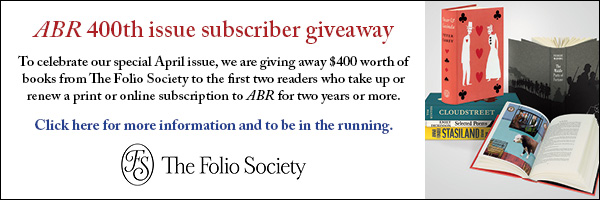


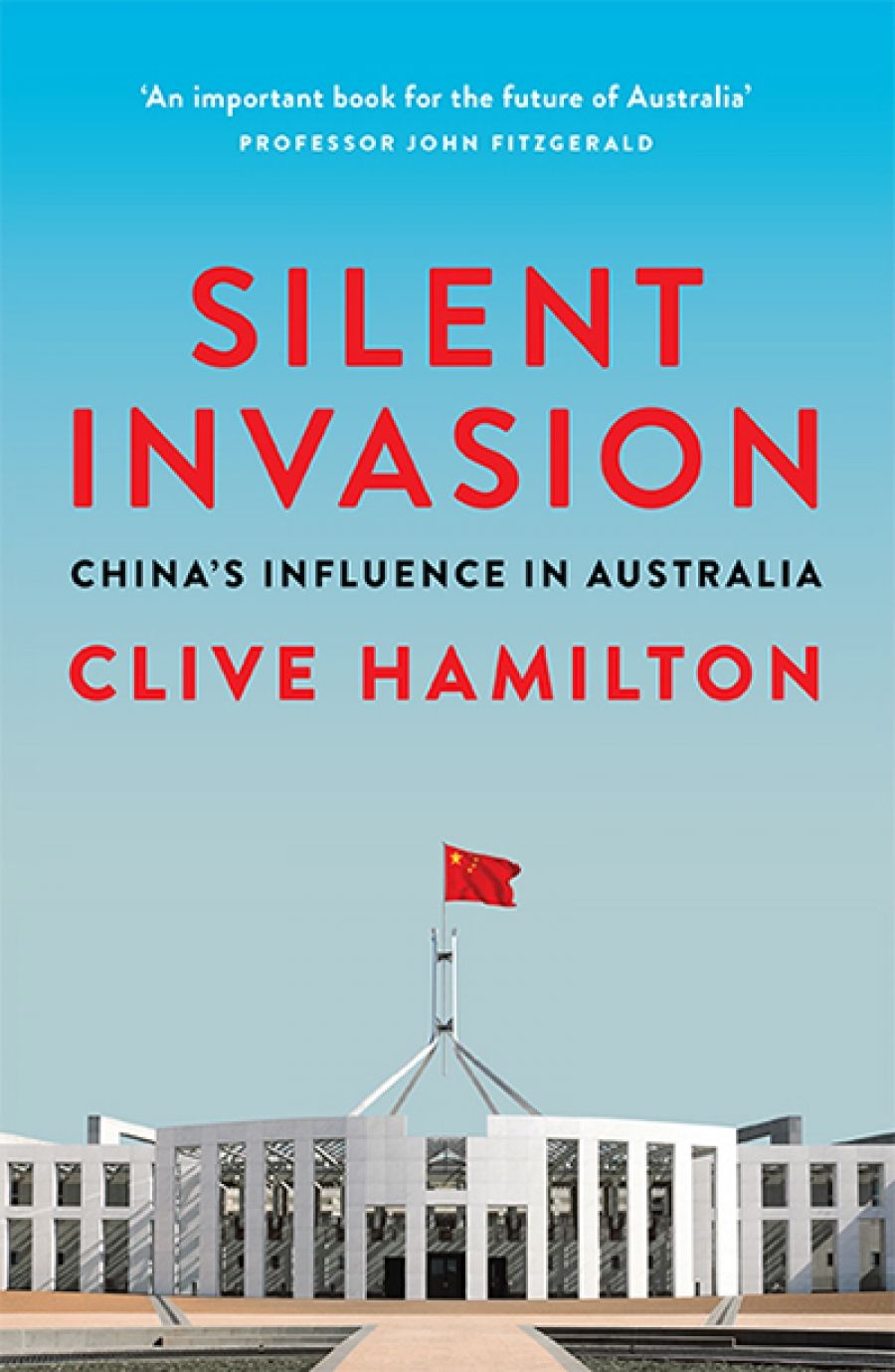
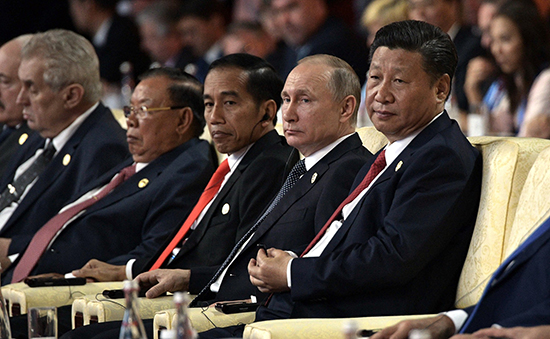
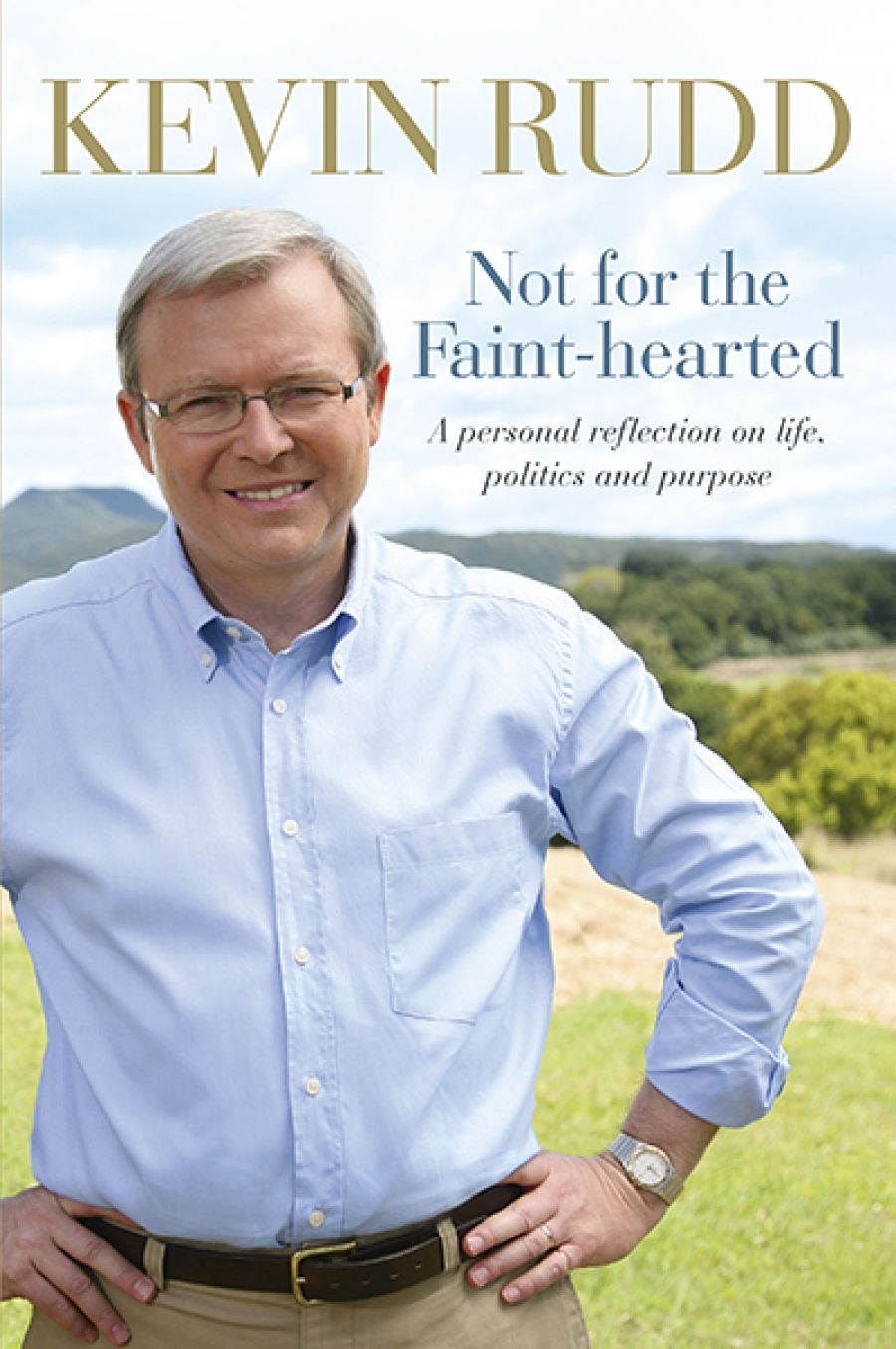
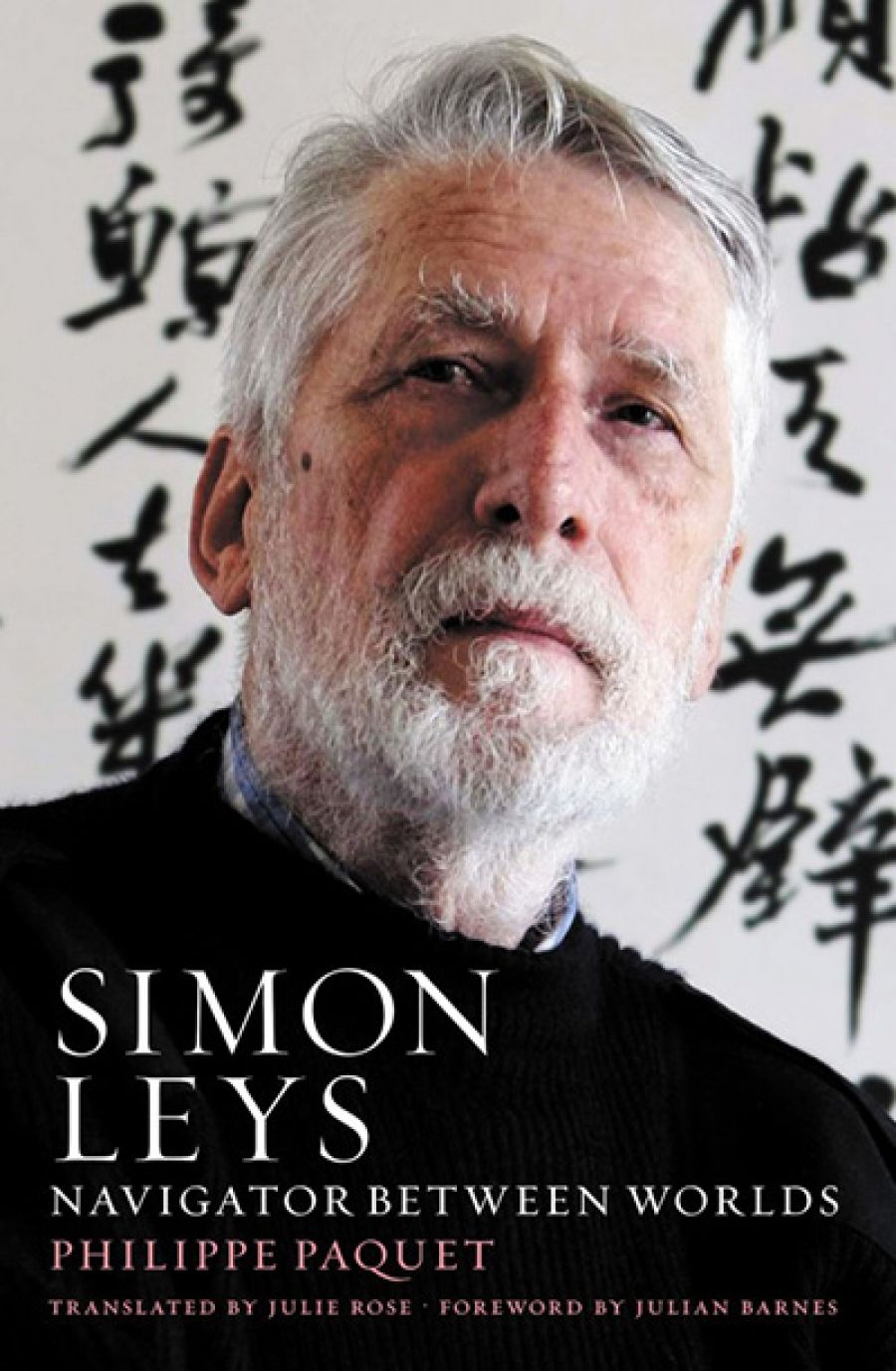
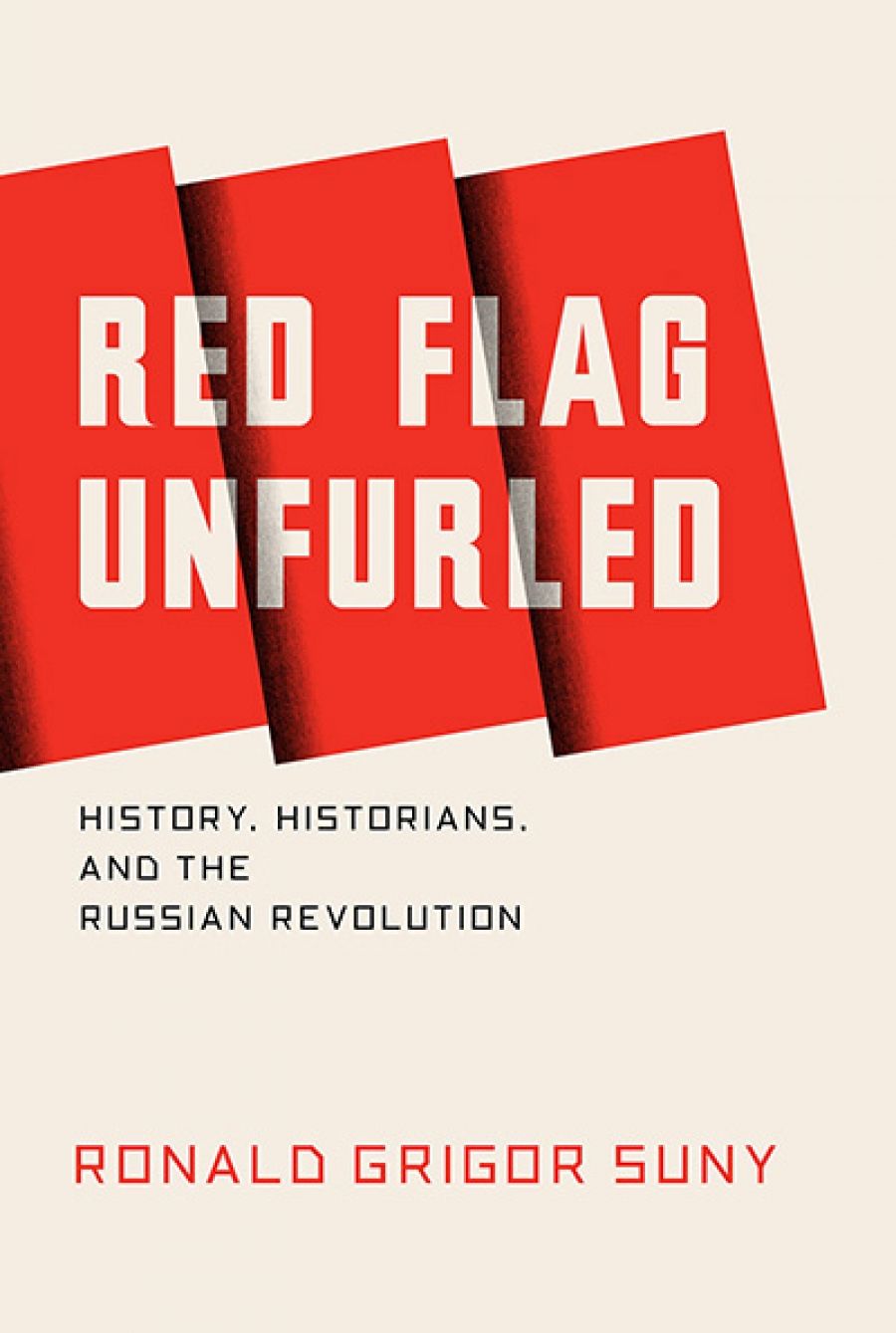
 Grainger-Brown, who first wrote for ABR in 2016, told Advances: ‘It is an incredible honour to win the Calibre Essay Prize. Many of its past winners changed the way I think and feel about fundamental things. I am delighted my words will be added to this important body of work. When I was ready to write my formative story, I knew I had to submit it to the Calibre Prize. Australian Book Review provides a fantastic national platform for the appreciation of Australian arts, ideas, and culture. I hope my essay is read as a constructive addition to the ongoing dialogue about who we are and where we are going.’
Grainger-Brown, who first wrote for ABR in 2016, told Advances: ‘It is an incredible honour to win the Calibre Essay Prize. Many of its past winners changed the way I think and feel about fundamental things. I am delighted my words will be added to this important body of work. When I was ready to write my formative story, I knew I had to submit it to the Calibre Prize. Australian Book Review provides a fantastic national platform for the appreciation of Australian arts, ideas, and culture. I hope my essay is read as a constructive addition to the ongoing dialogue about who we are and where we are going.’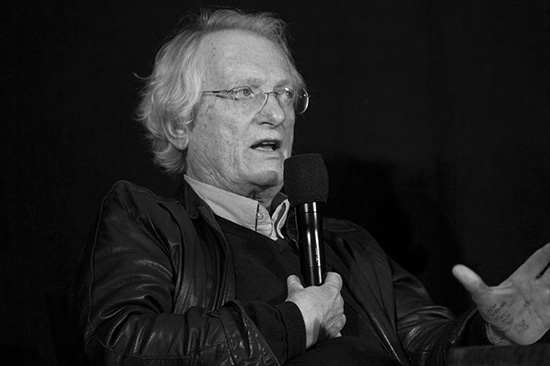
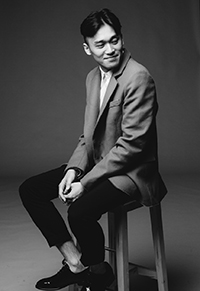 Tracey Slaughter was placed second with her poem ‘breather’; she receives $2,000. One-third of the entries in this year’s Porter Prize came from overseas – a measure of its international prestige and of greater awareness of ABR outside Australia.
Tracey Slaughter was placed second with her poem ‘breather’; she receives $2,000. One-third of the entries in this year’s Porter Prize came from overseas – a measure of its international prestige and of greater awareness of ABR outside Australia.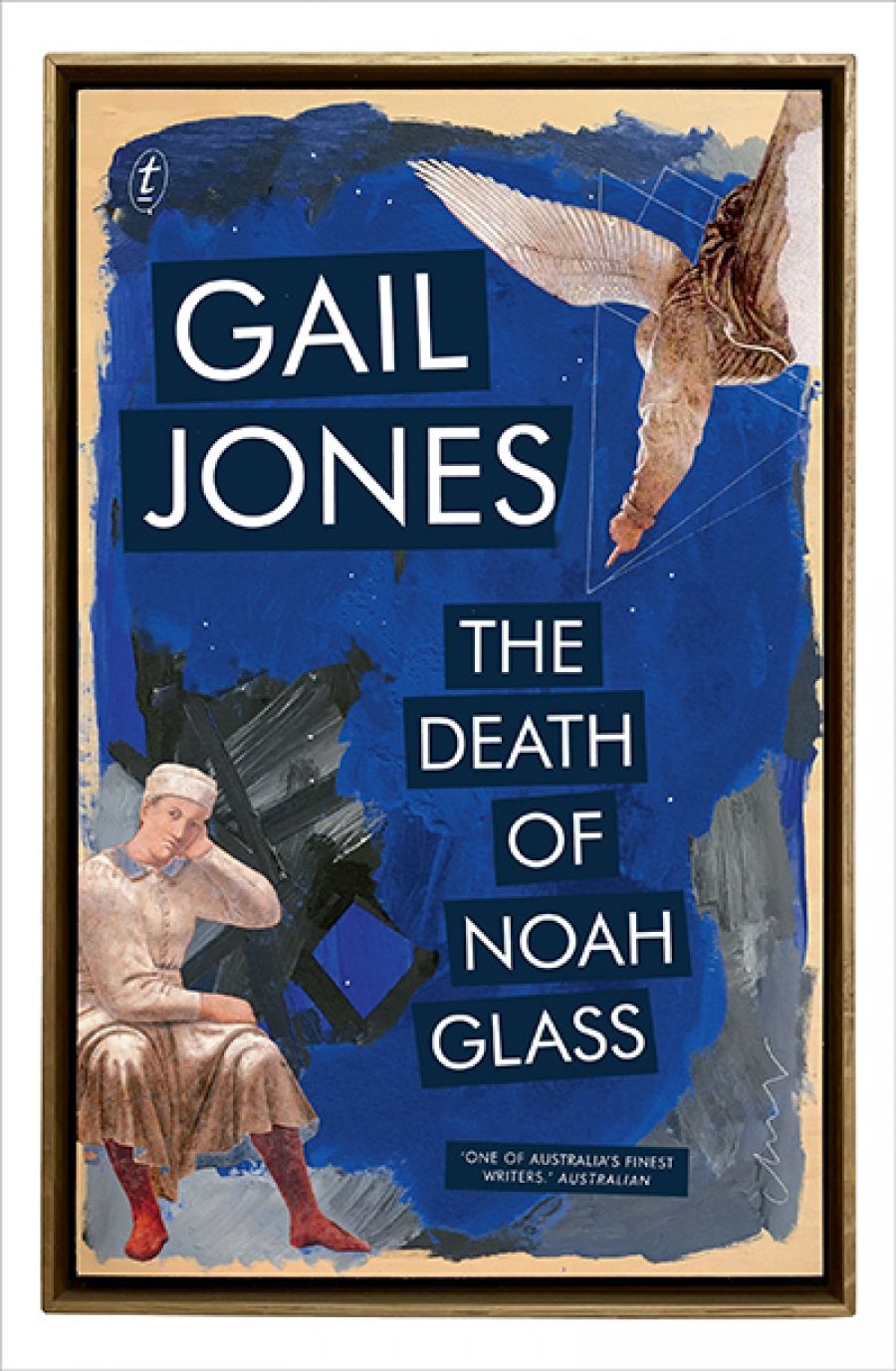
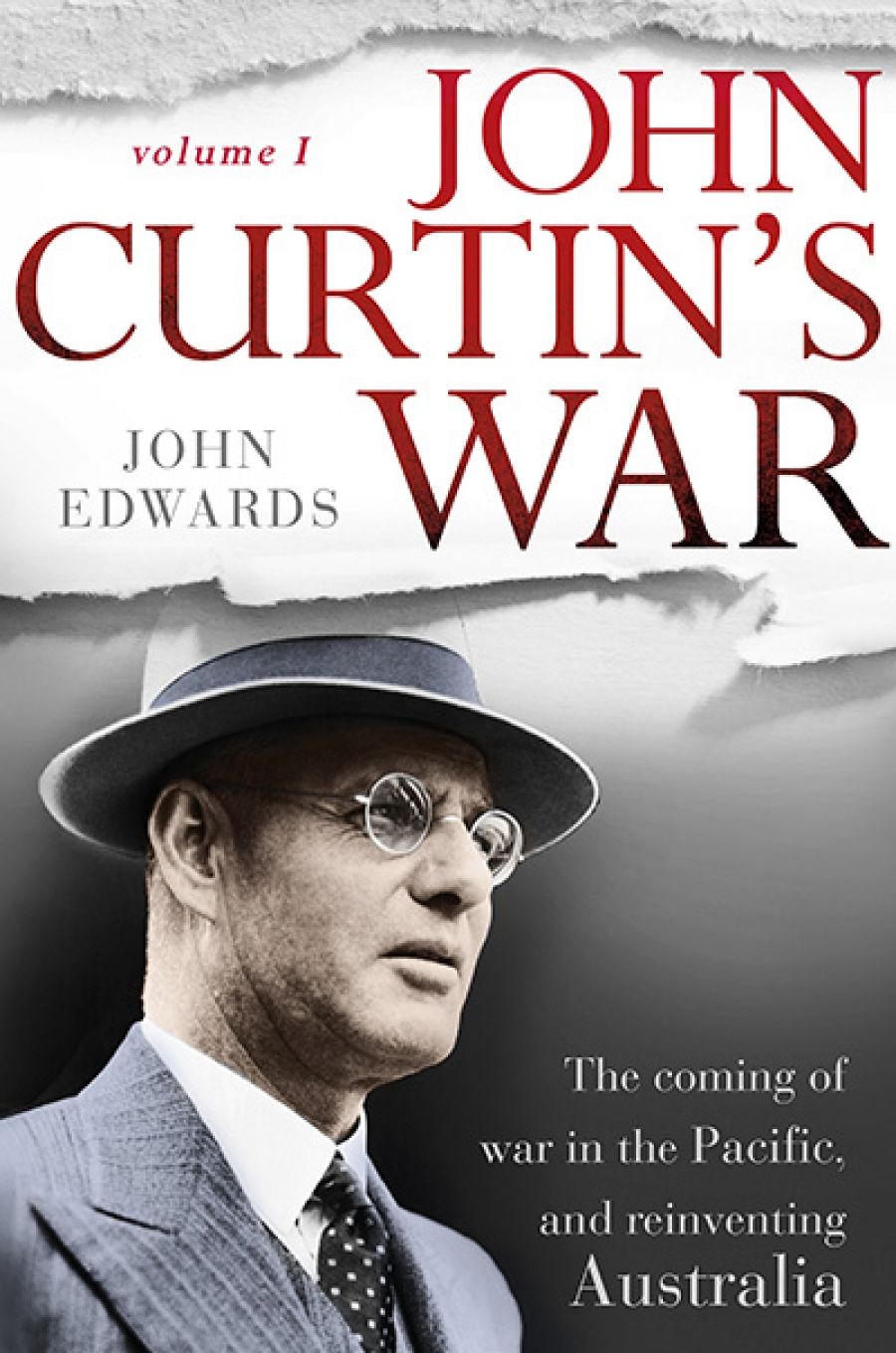
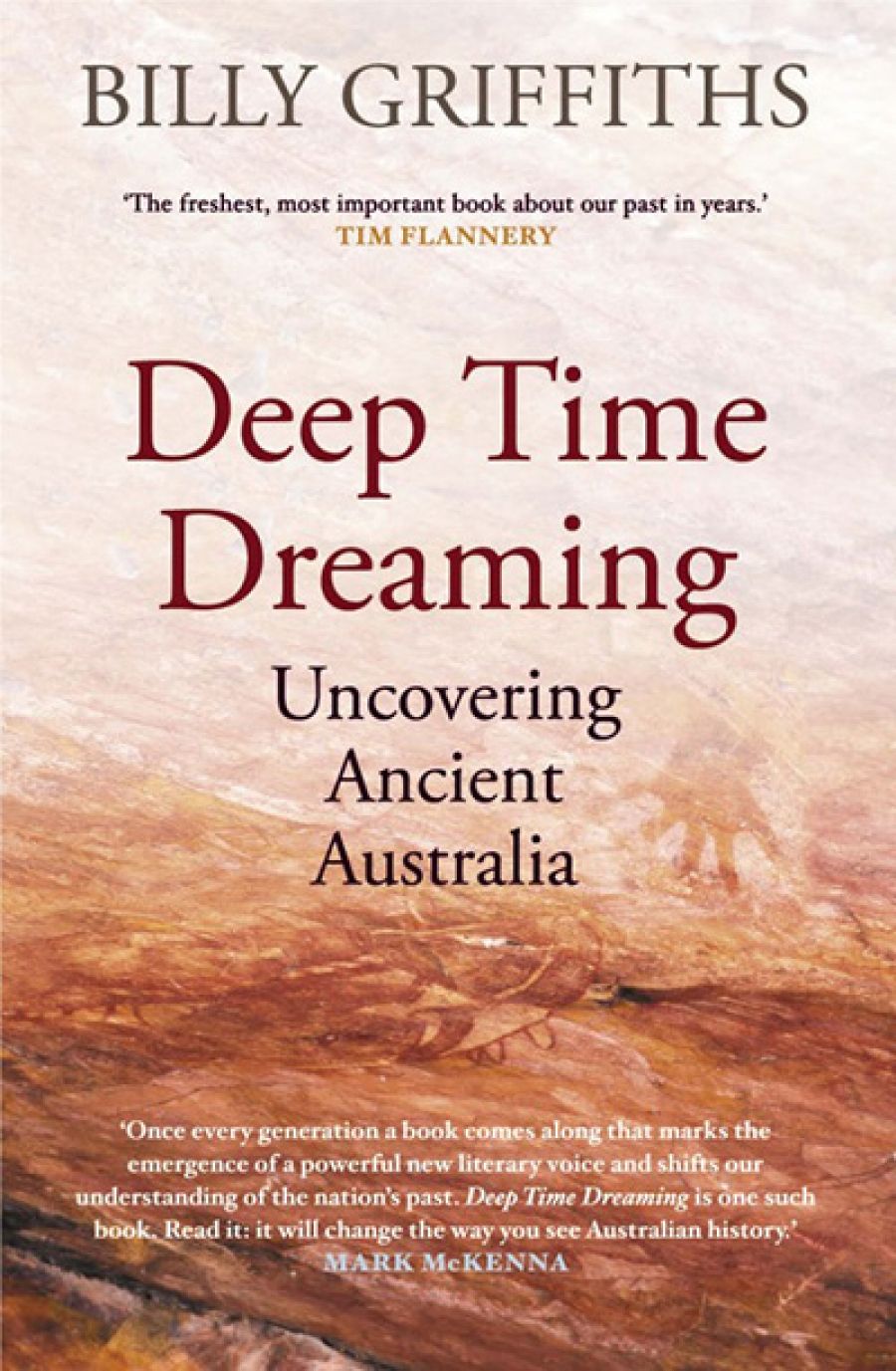
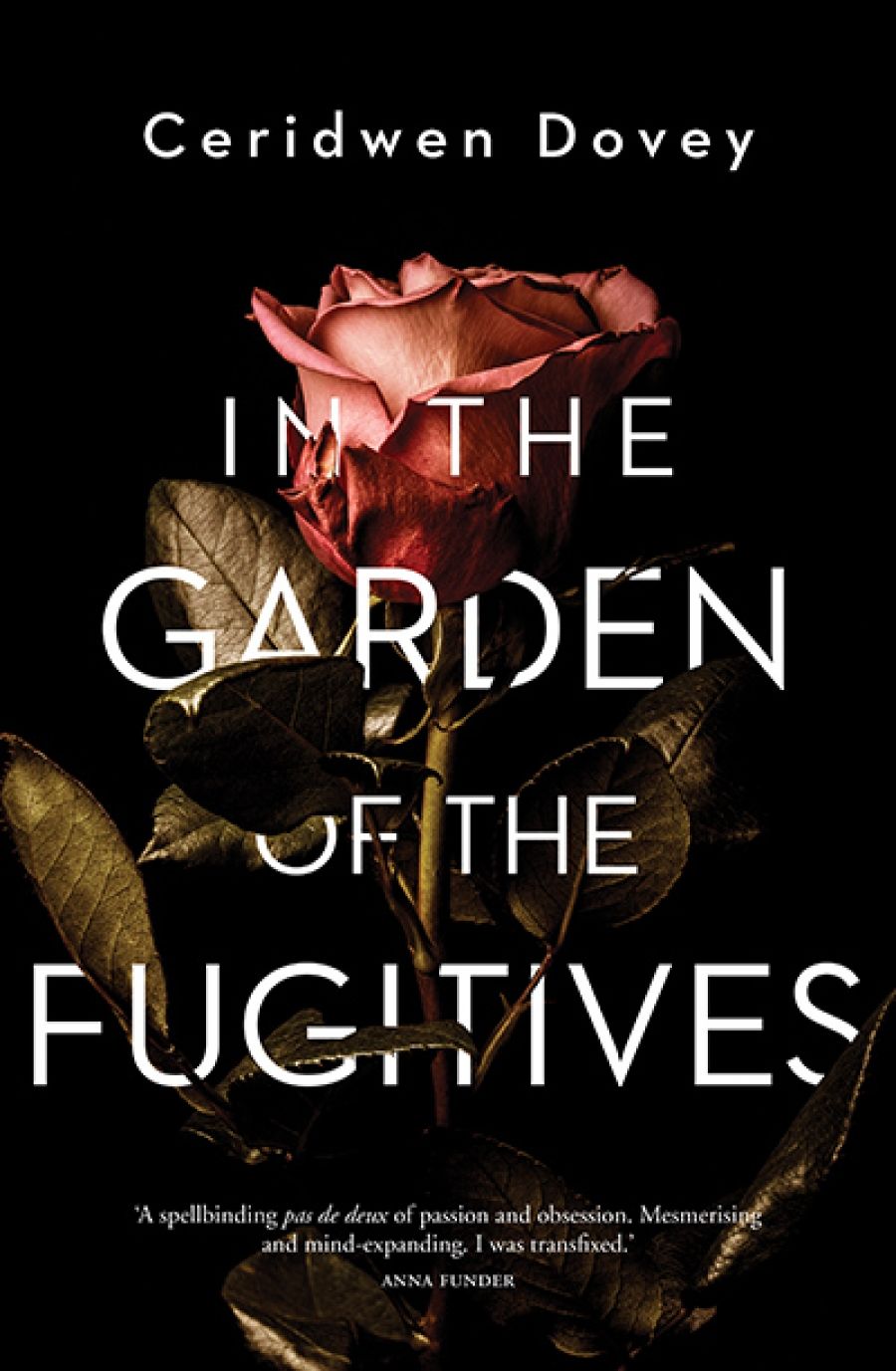
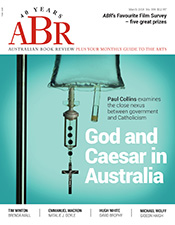
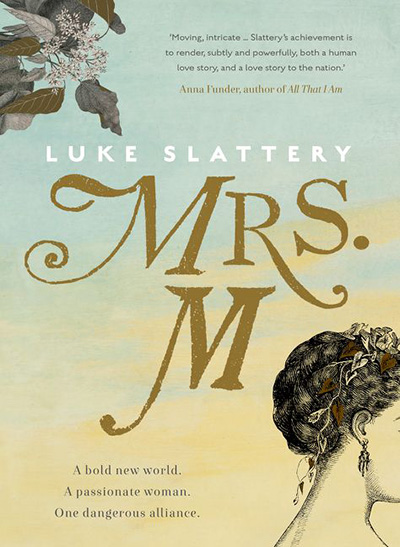
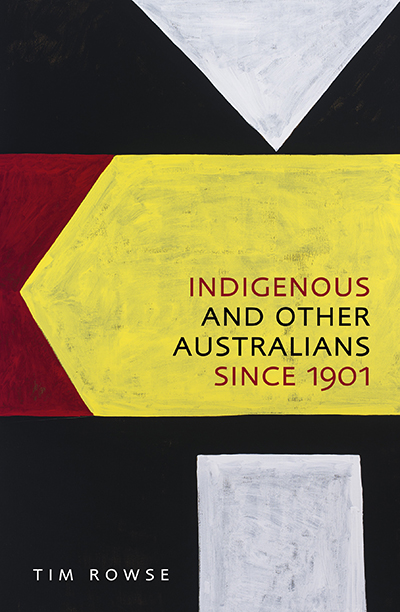
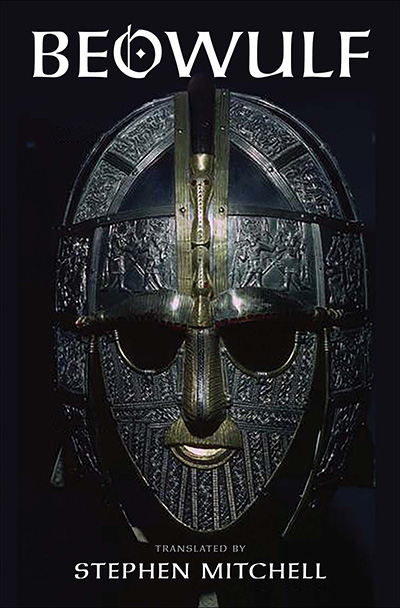
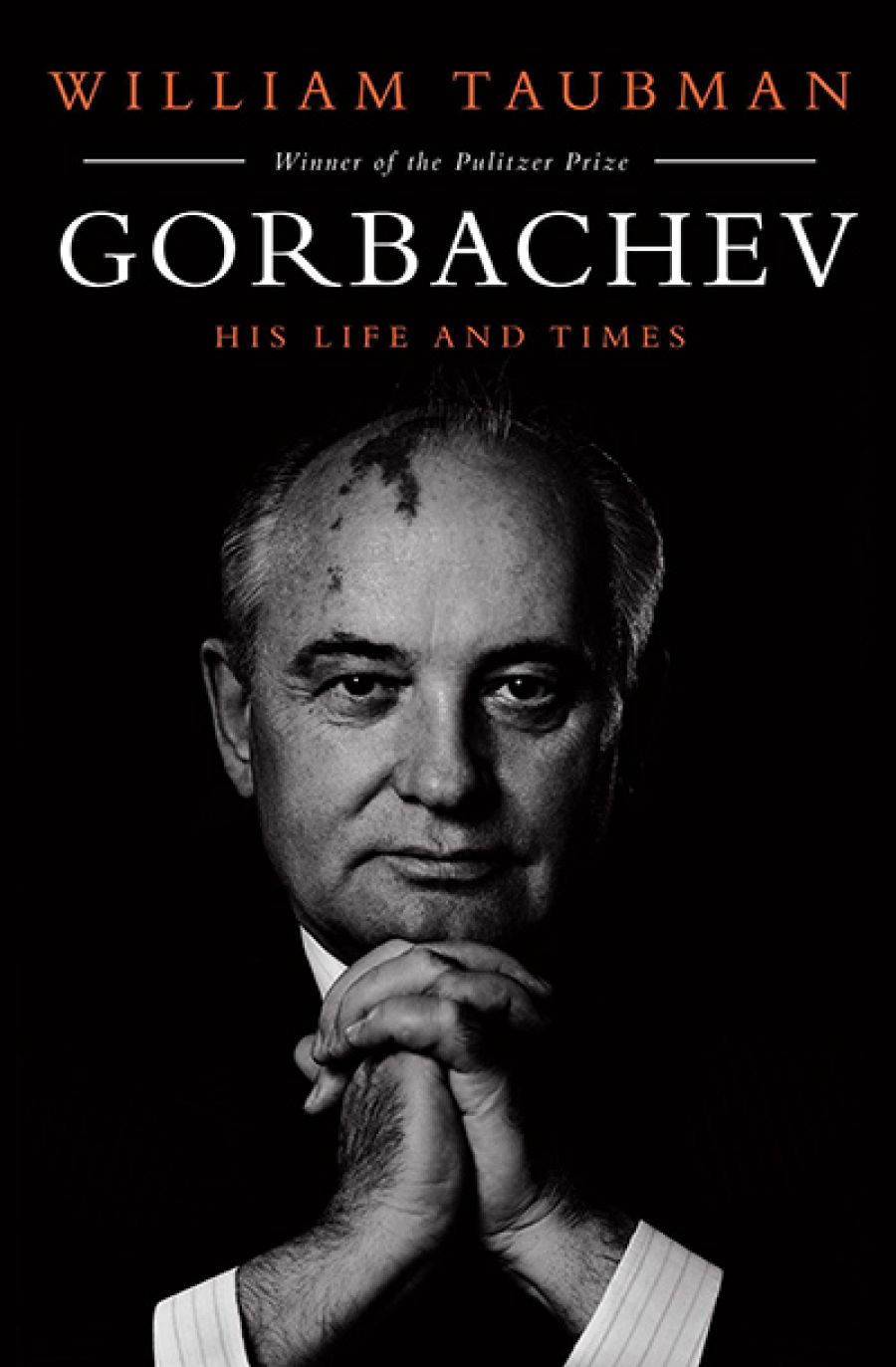
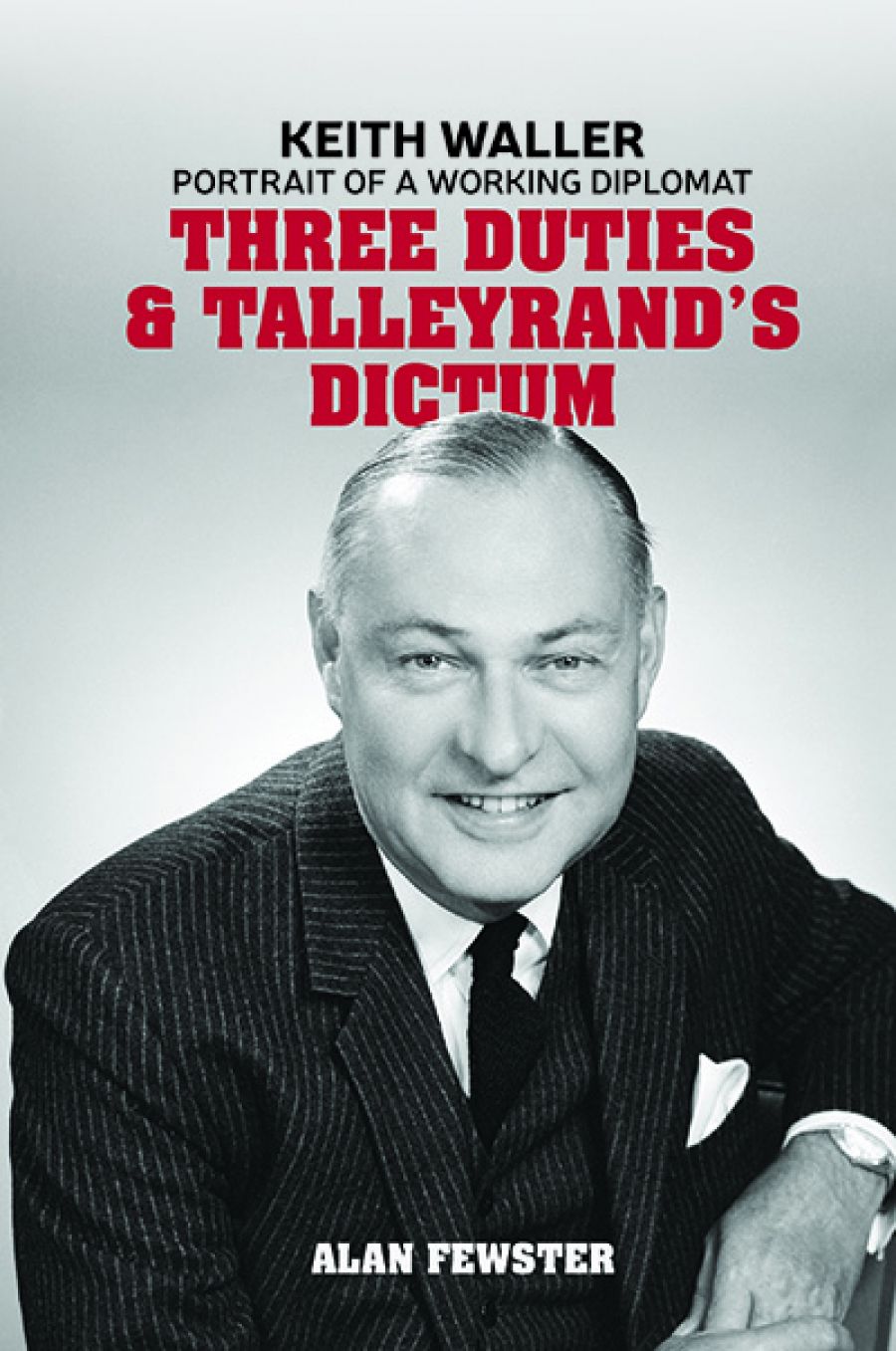
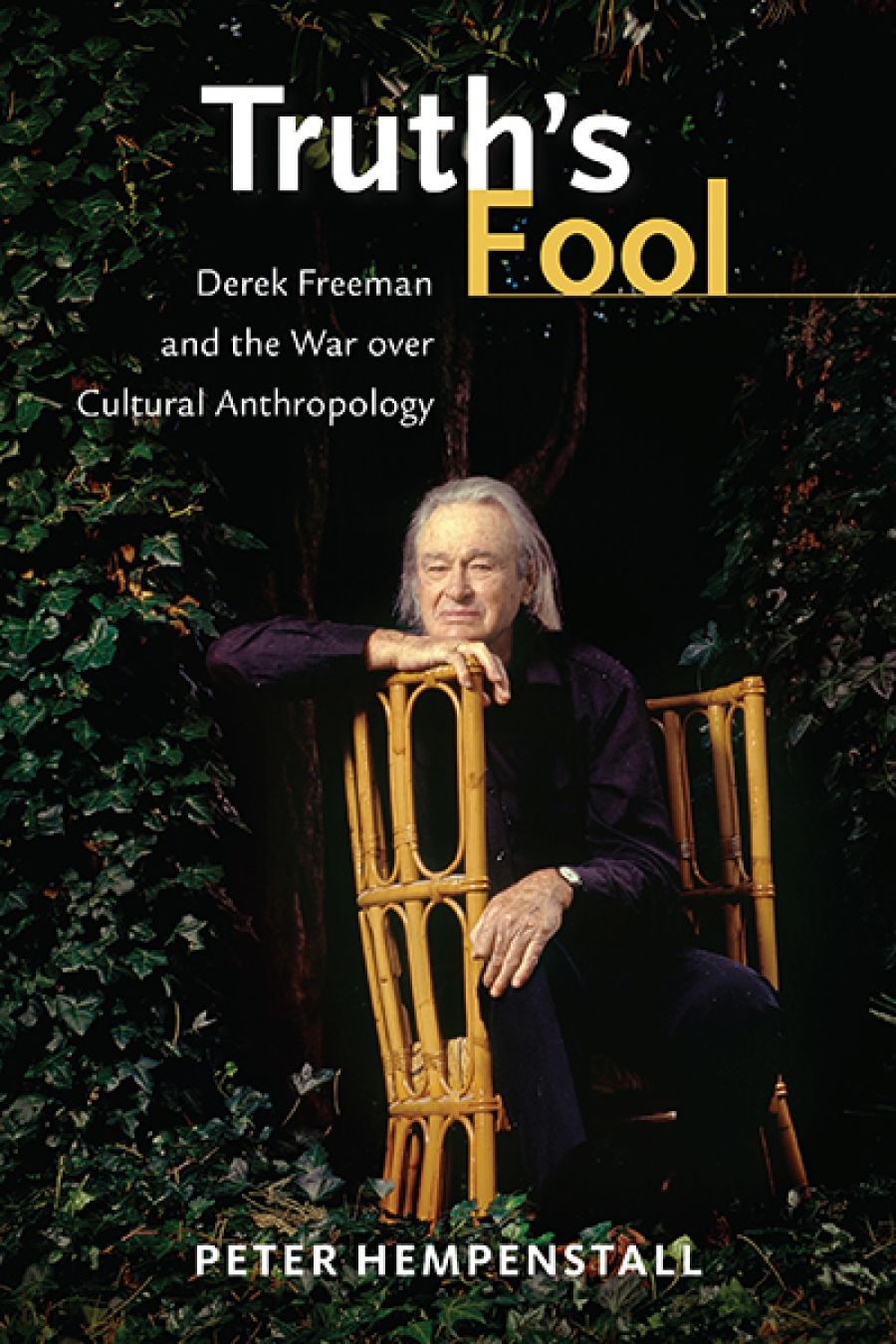
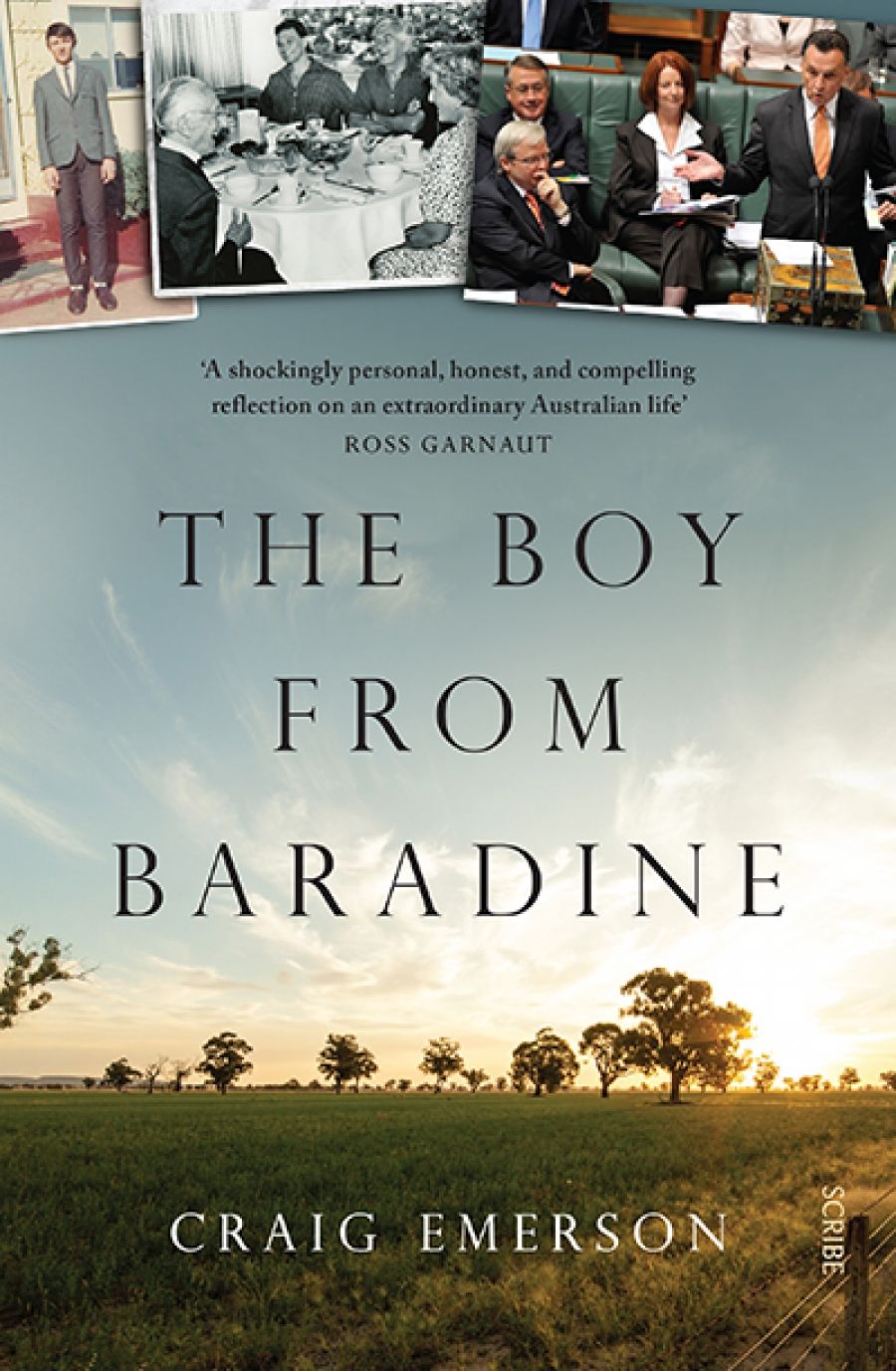
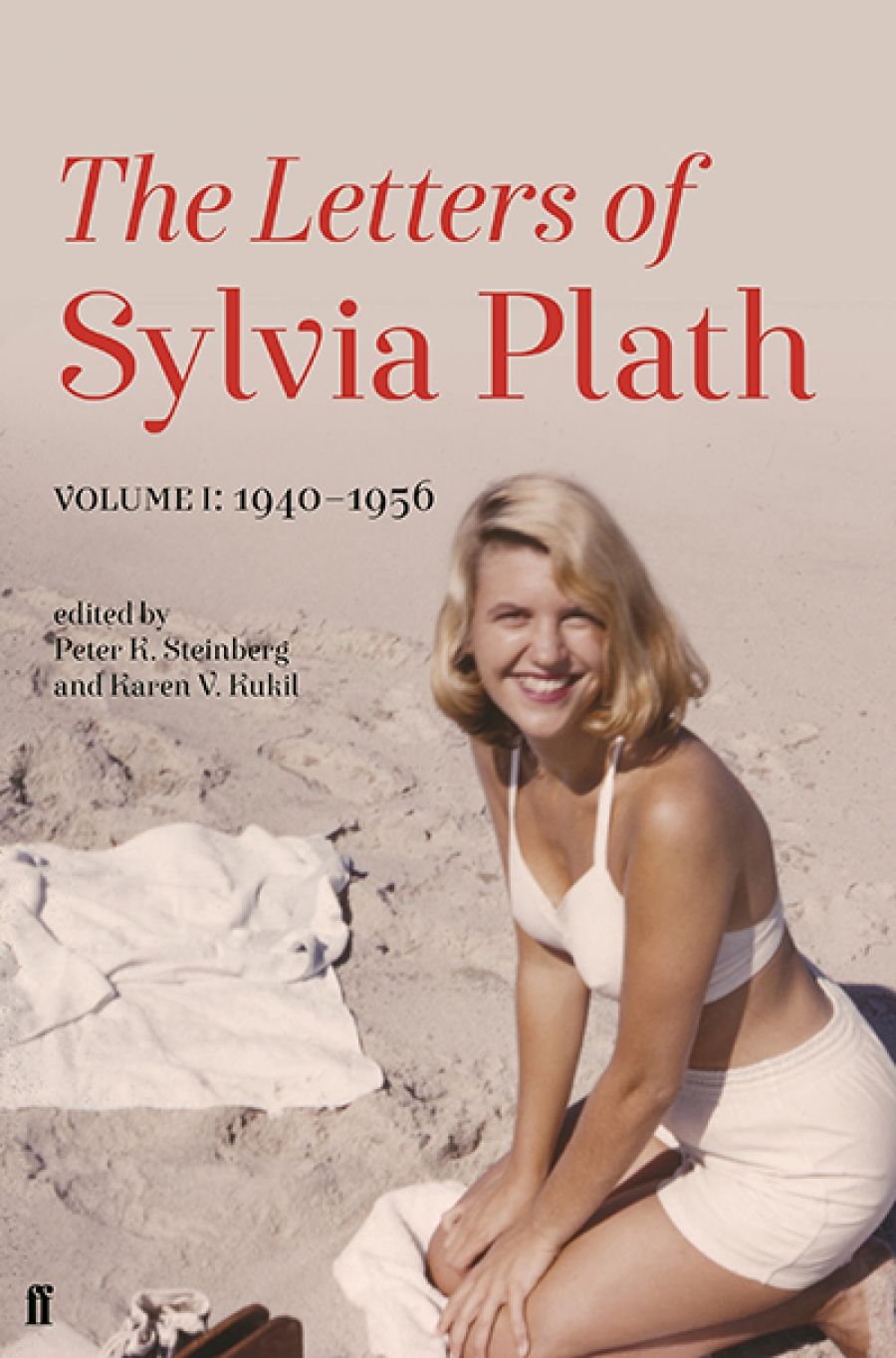
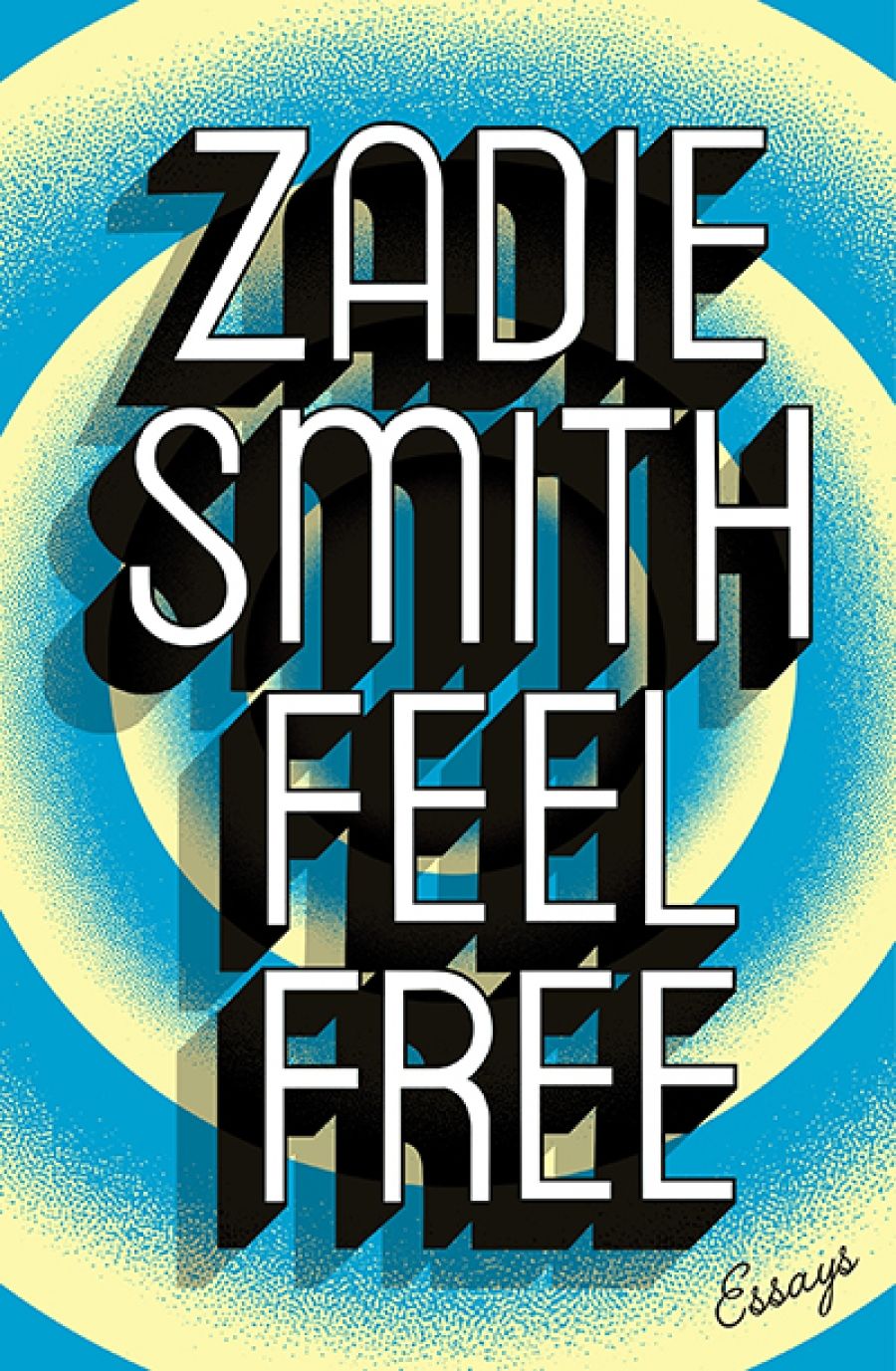
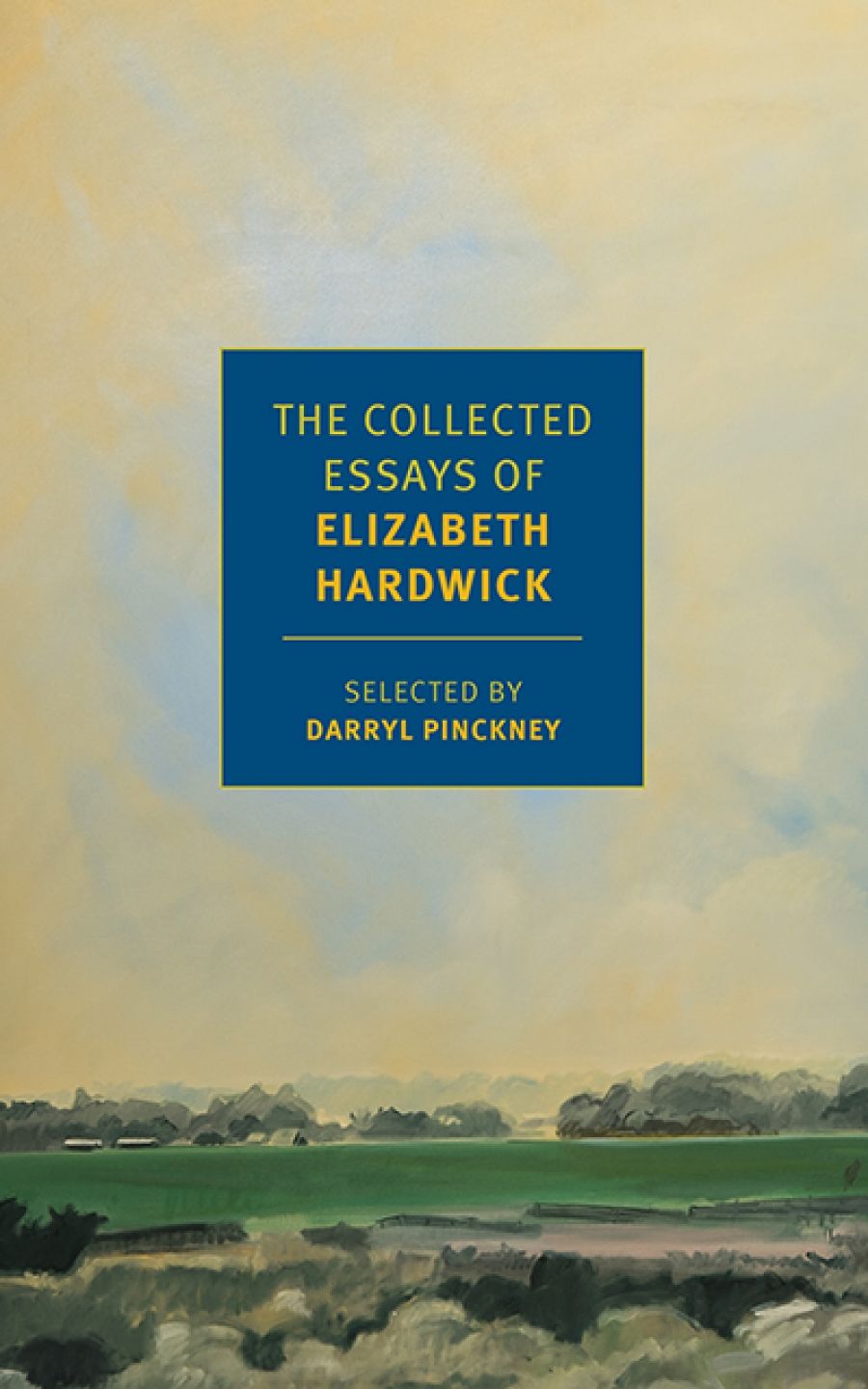
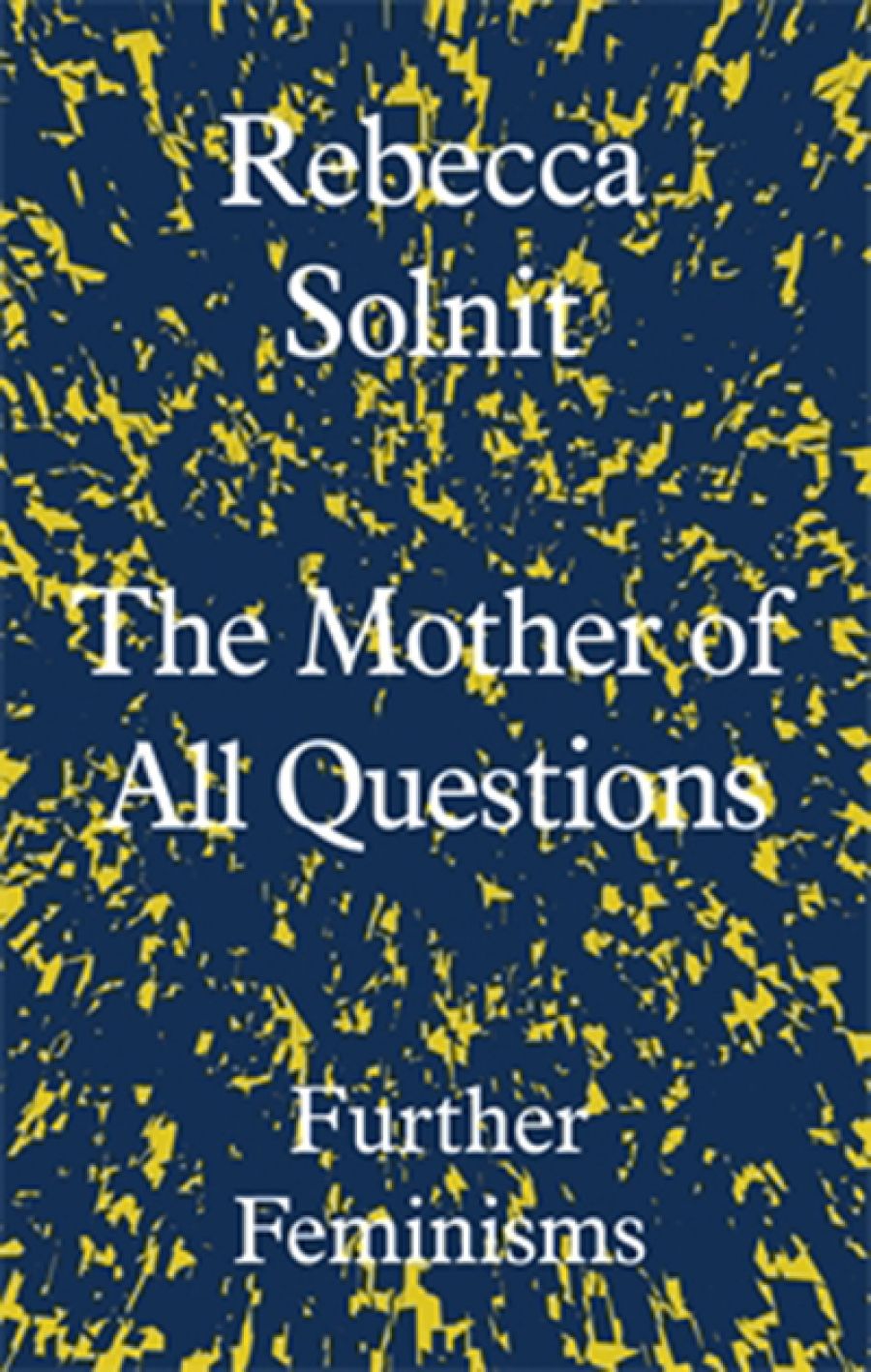
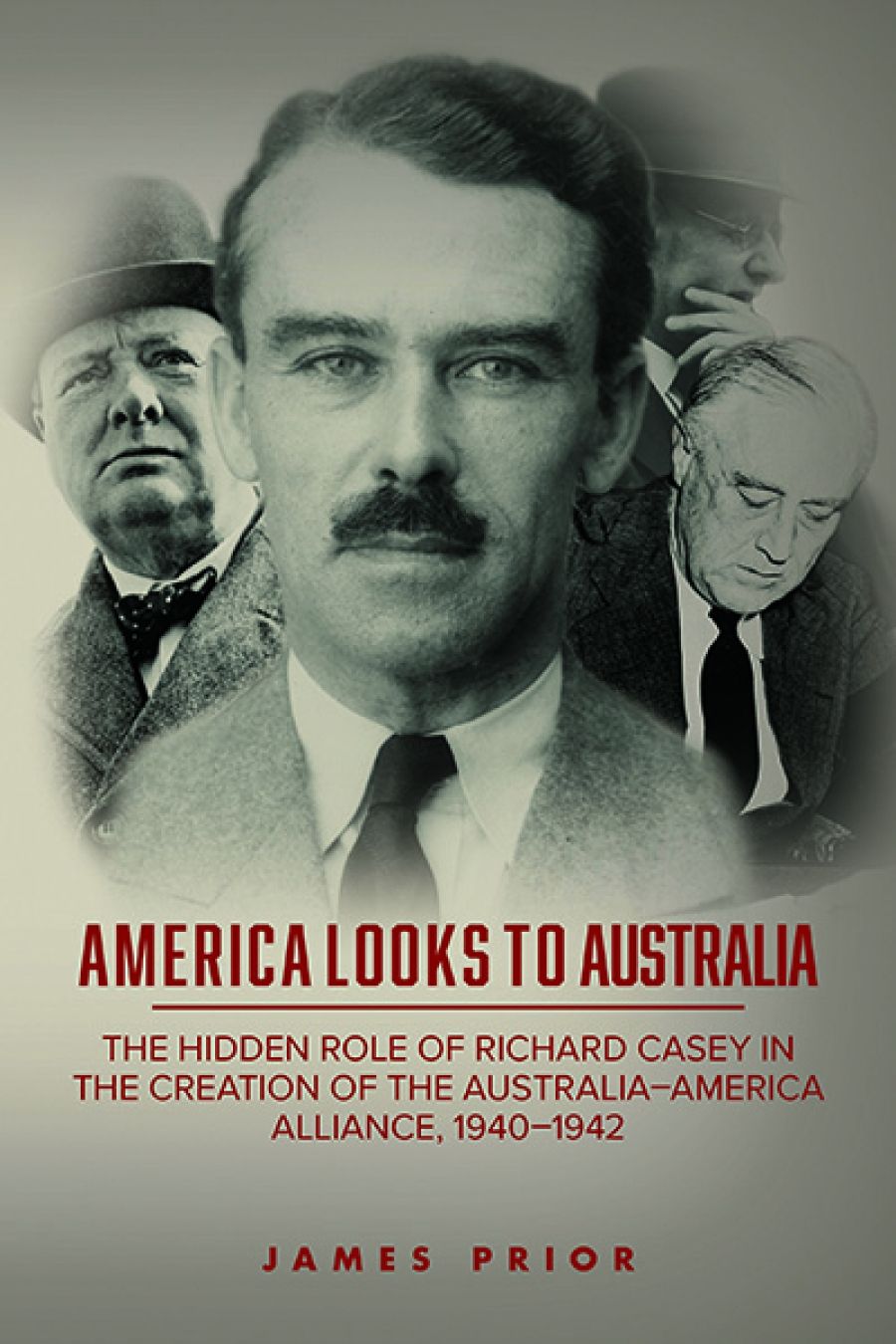
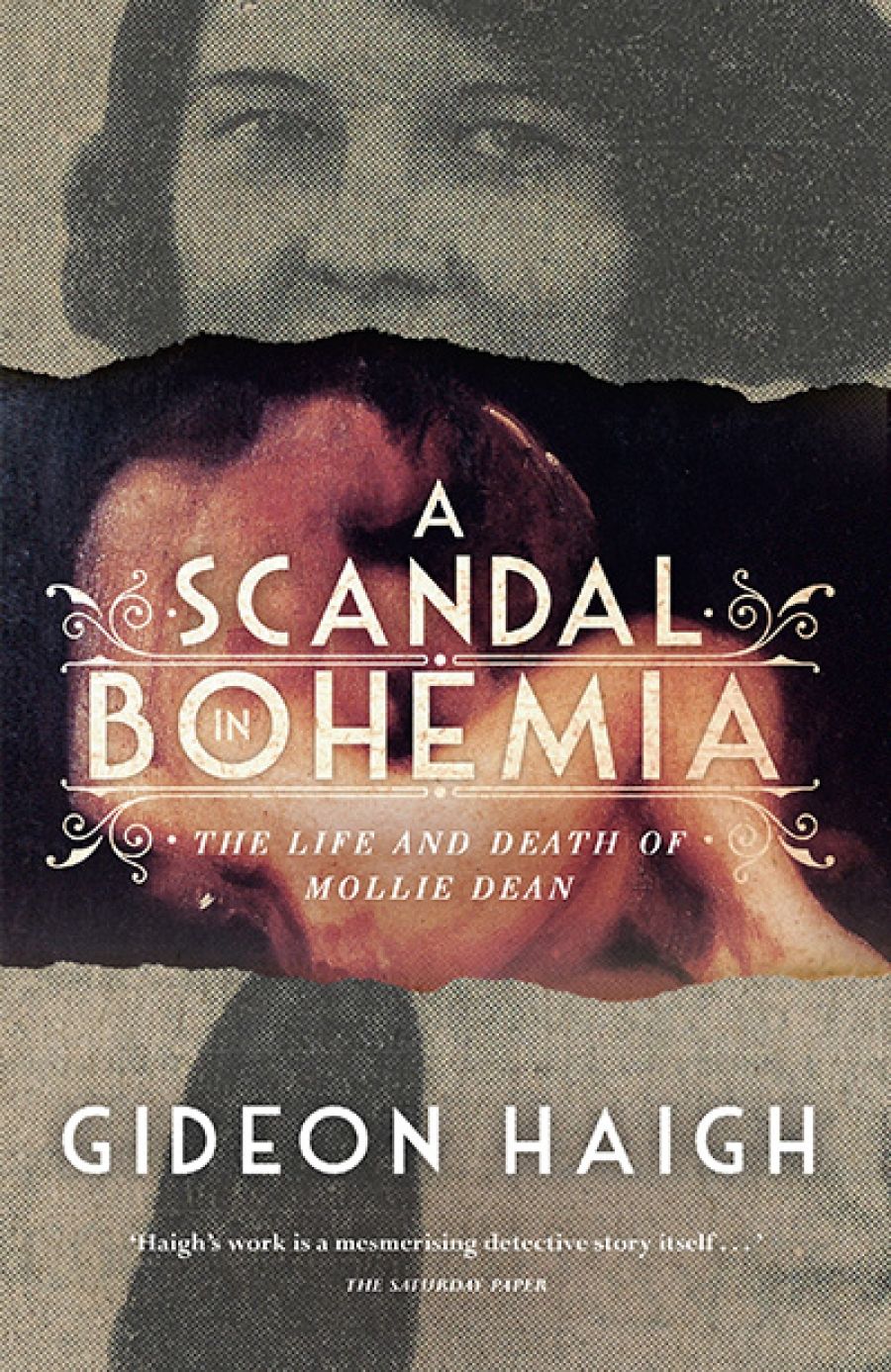
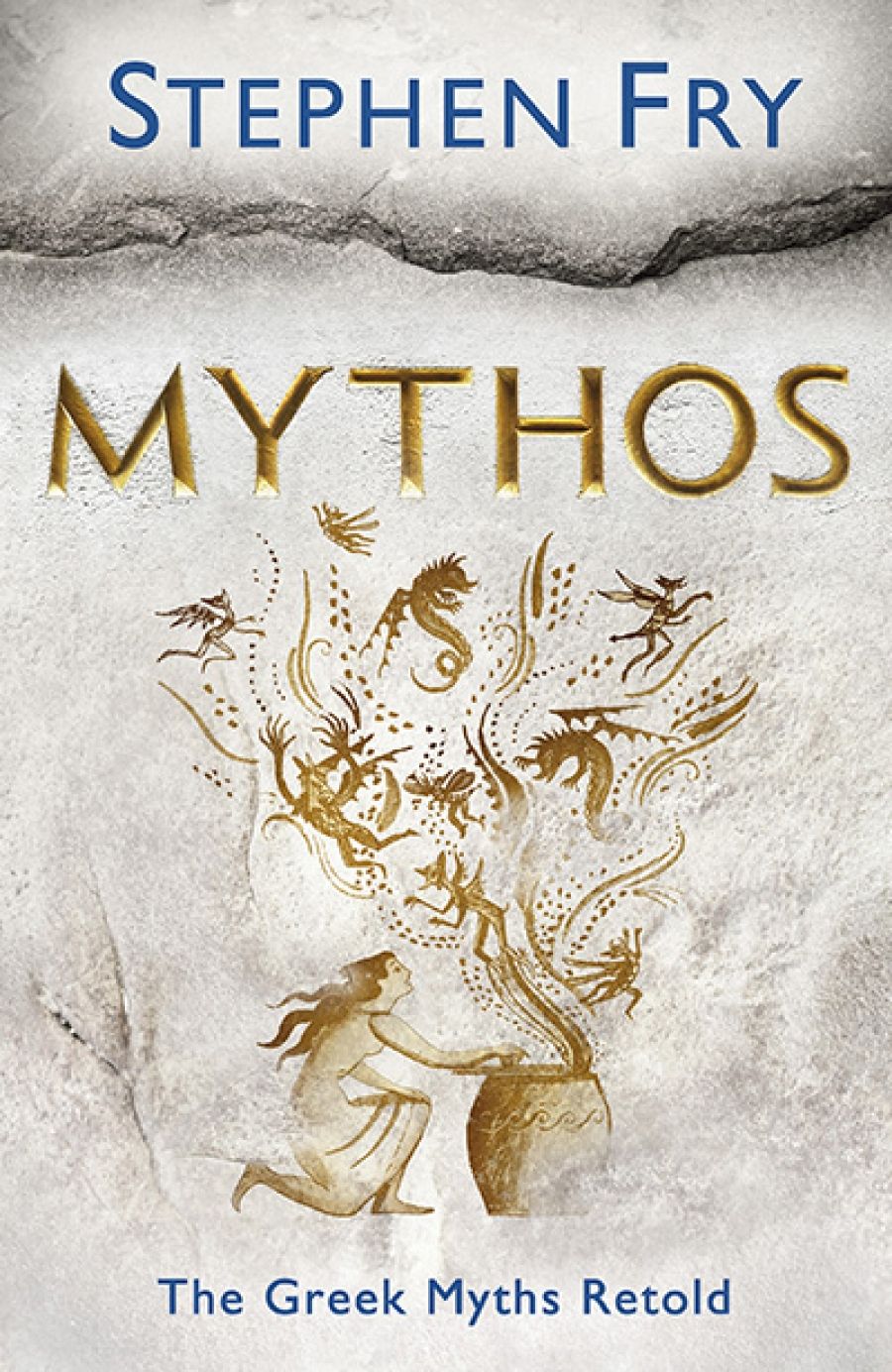
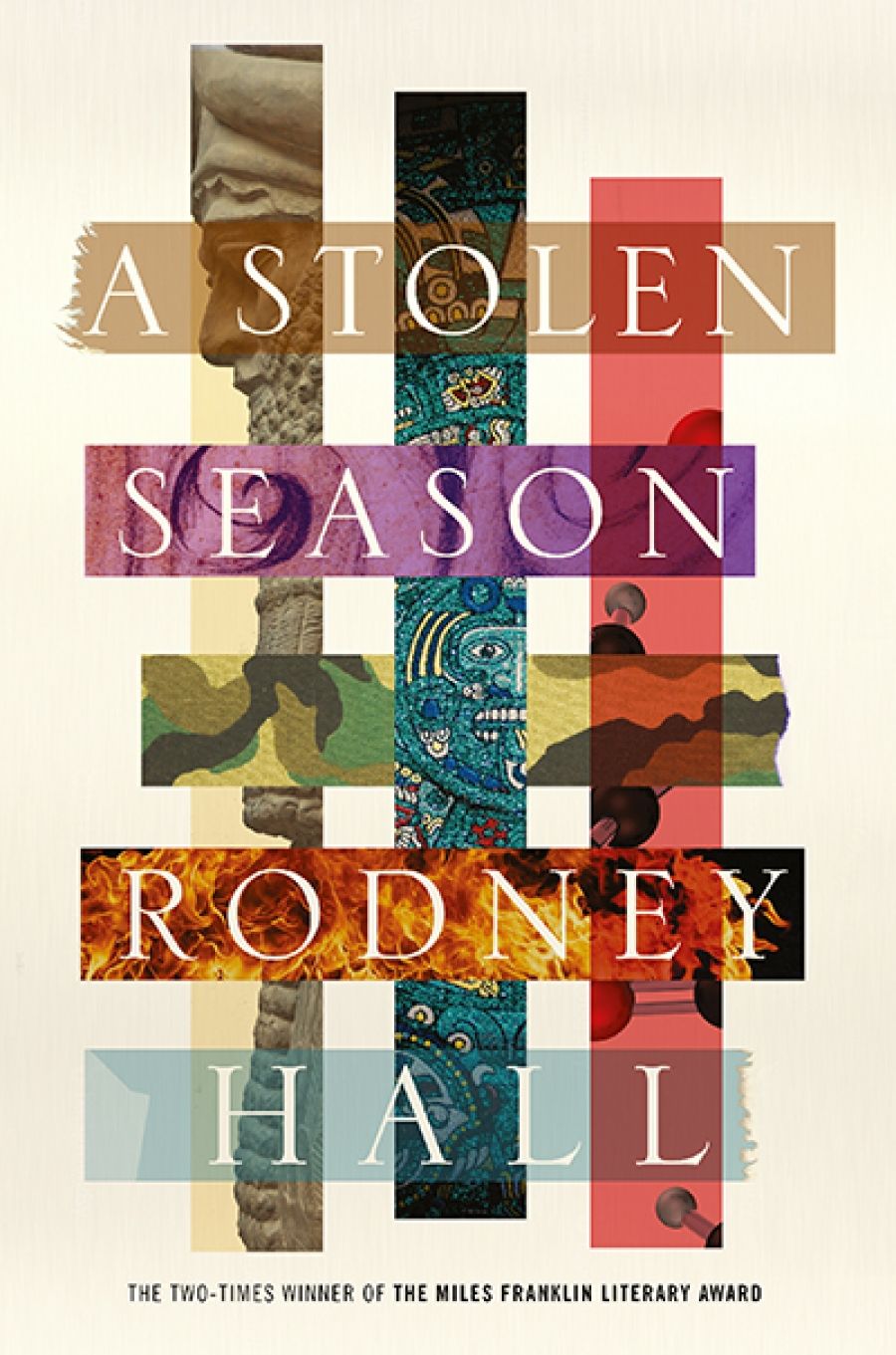
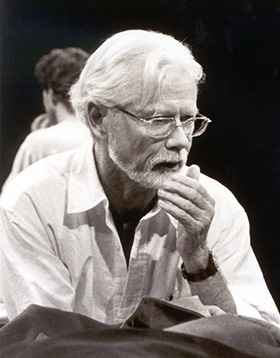
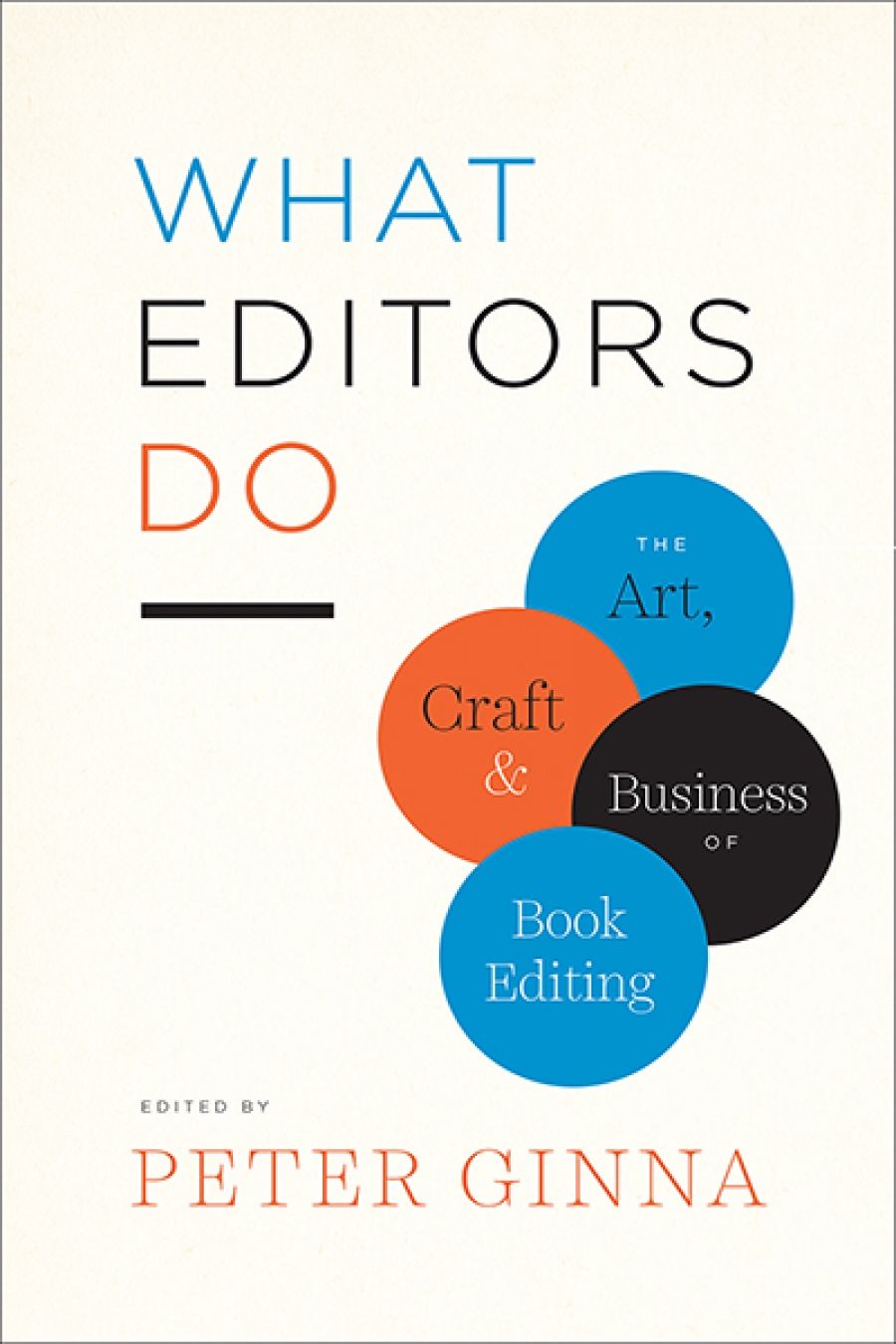
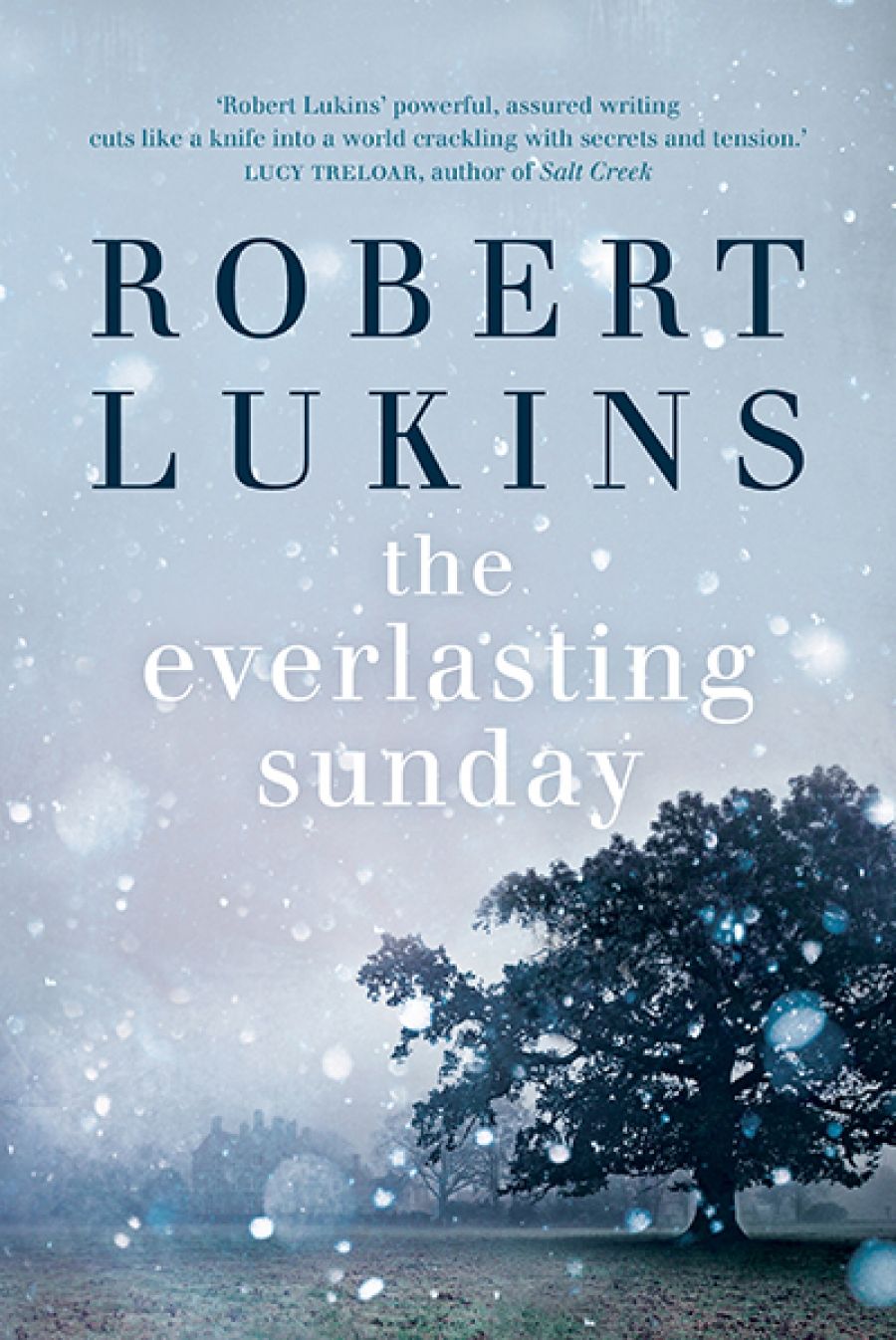
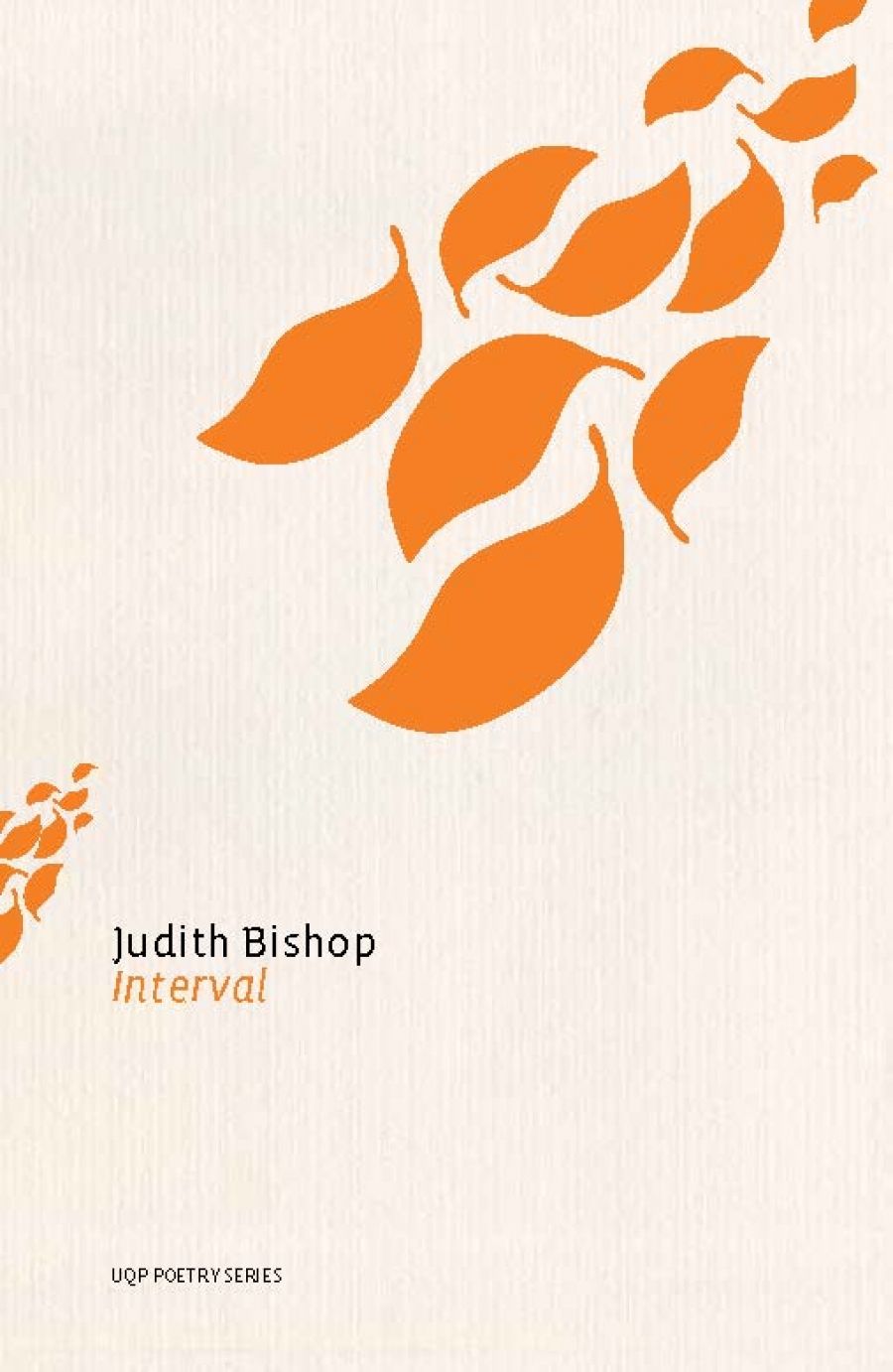
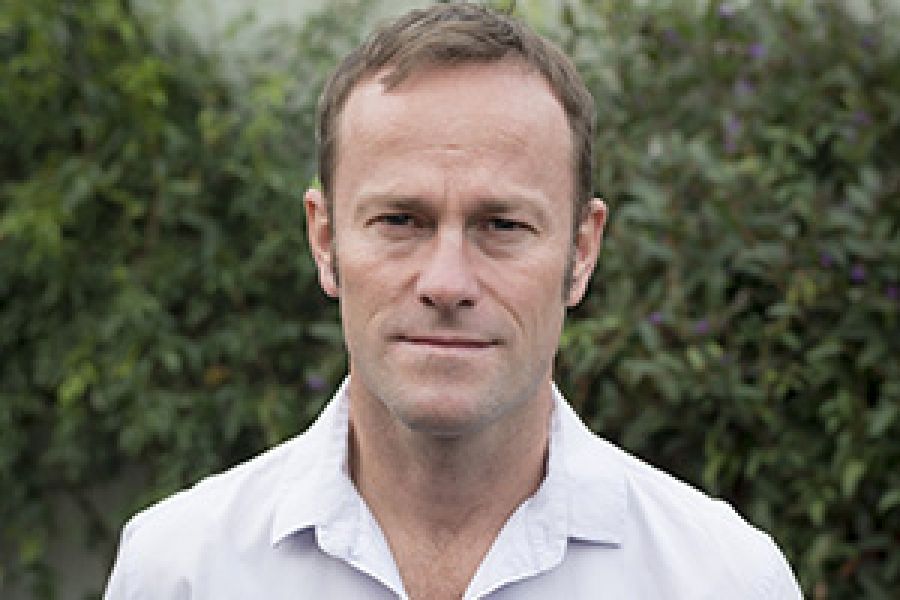
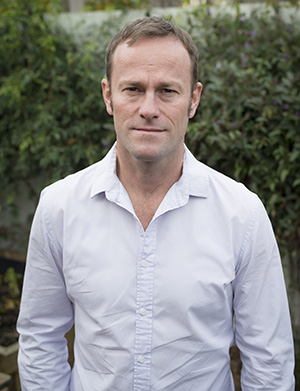 What was your pathway to publishing?
What was your pathway to publishing?
